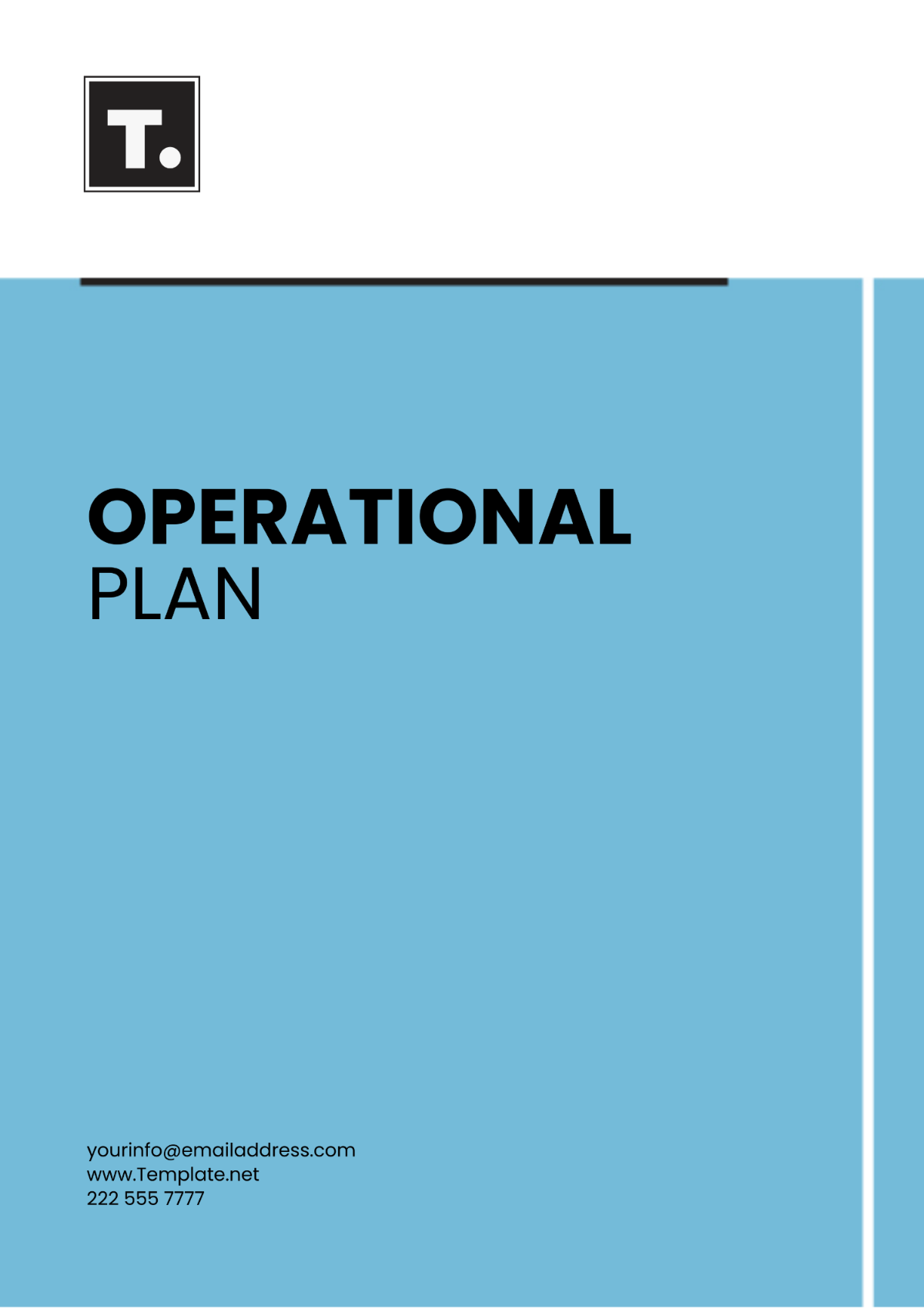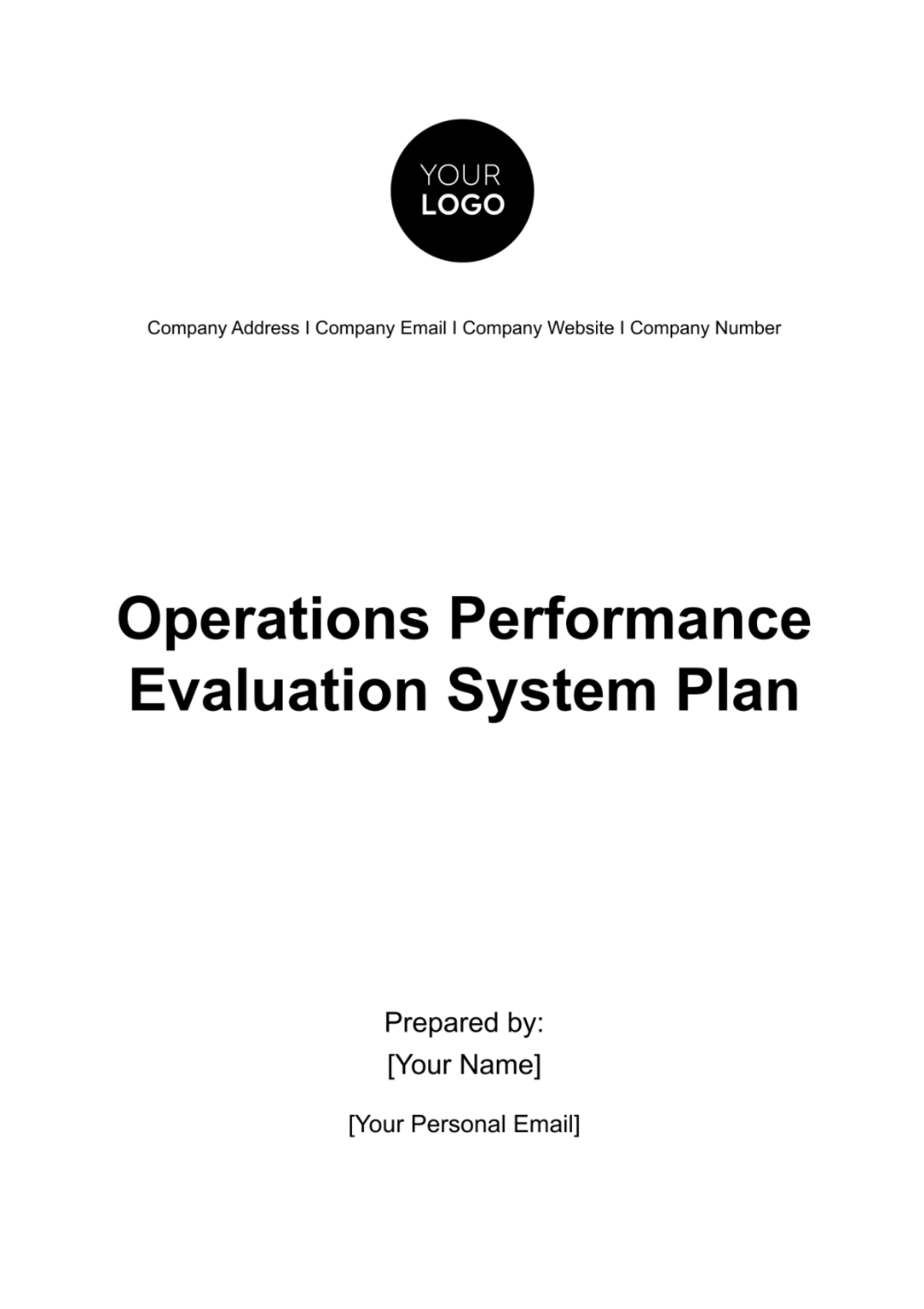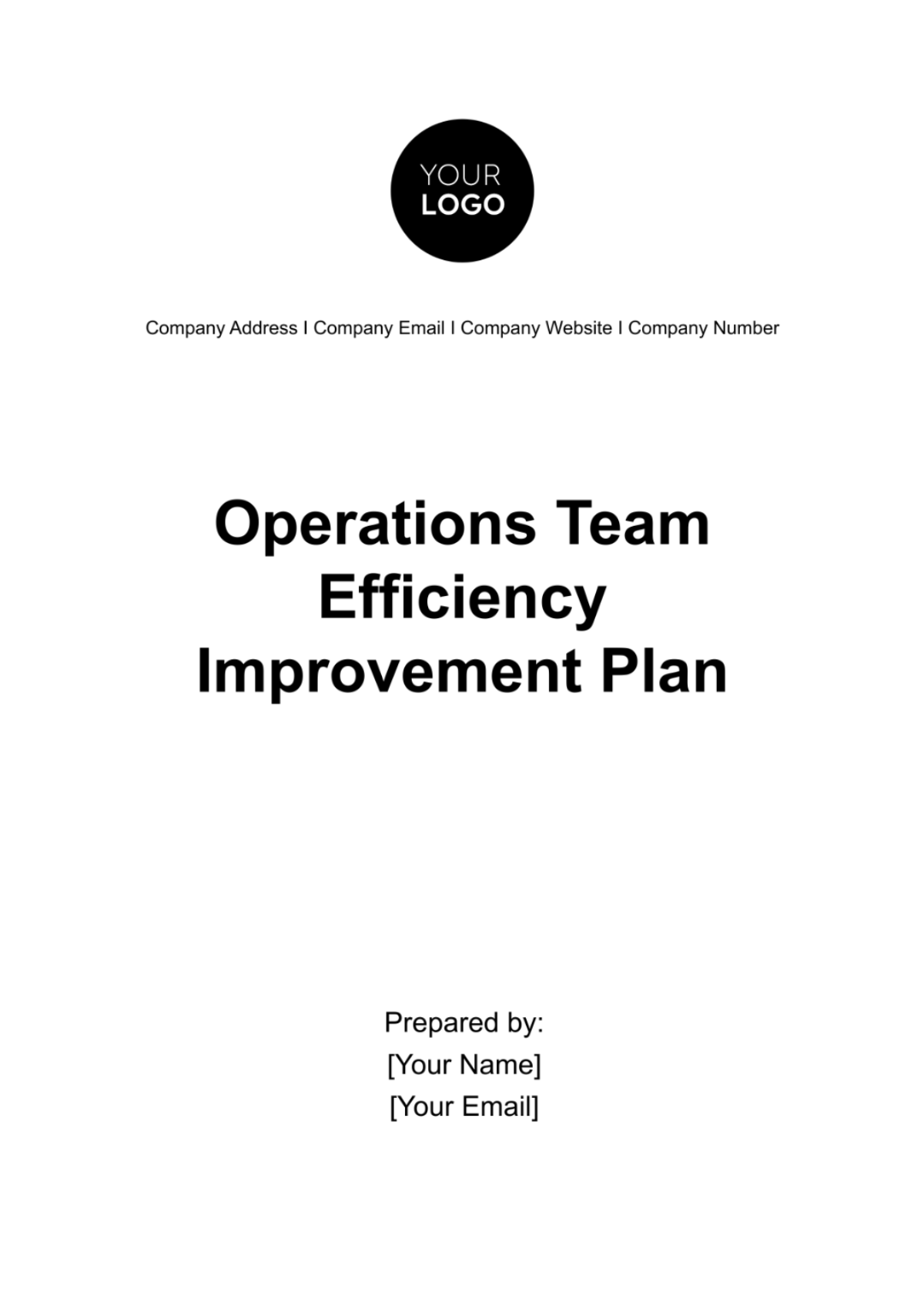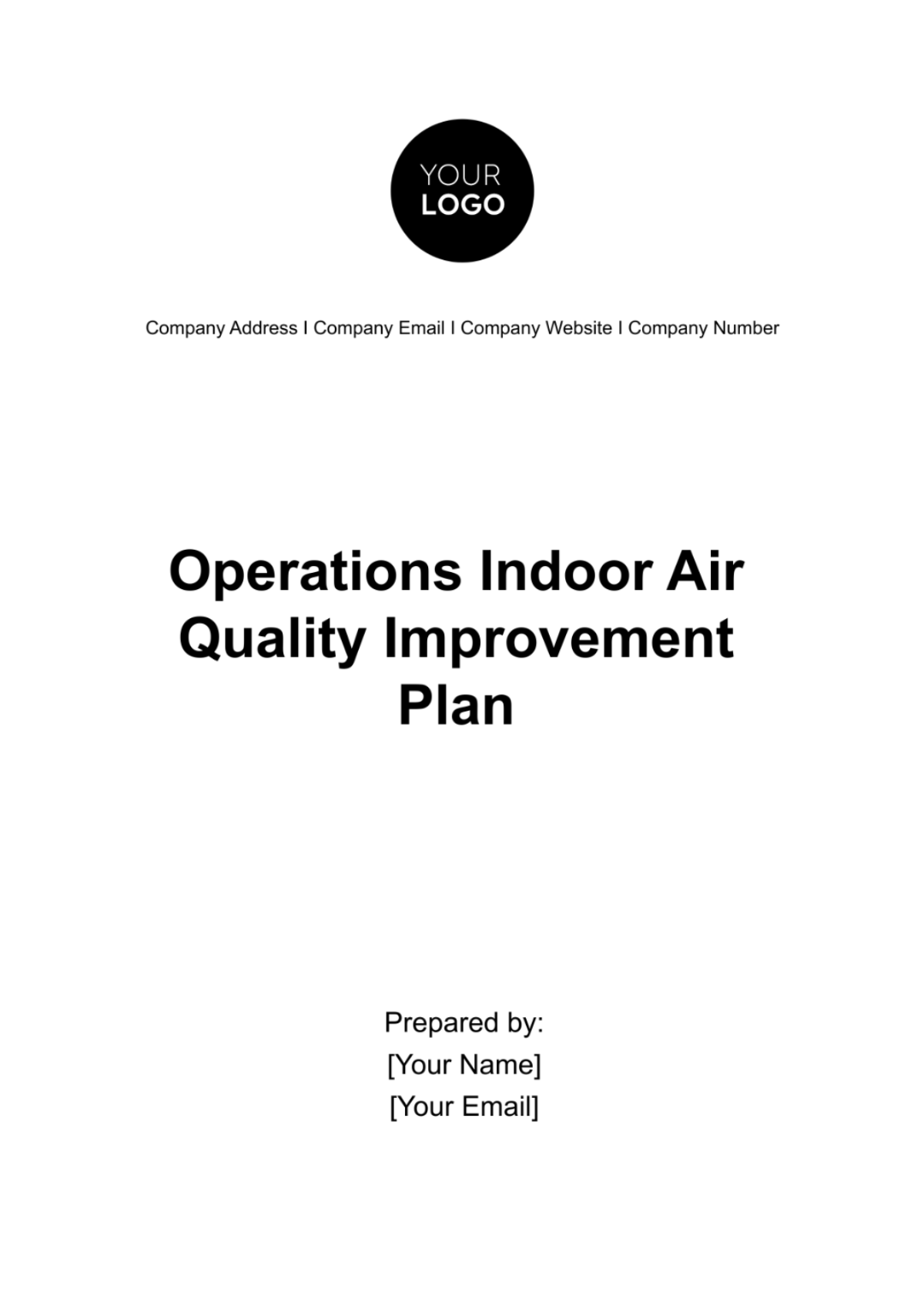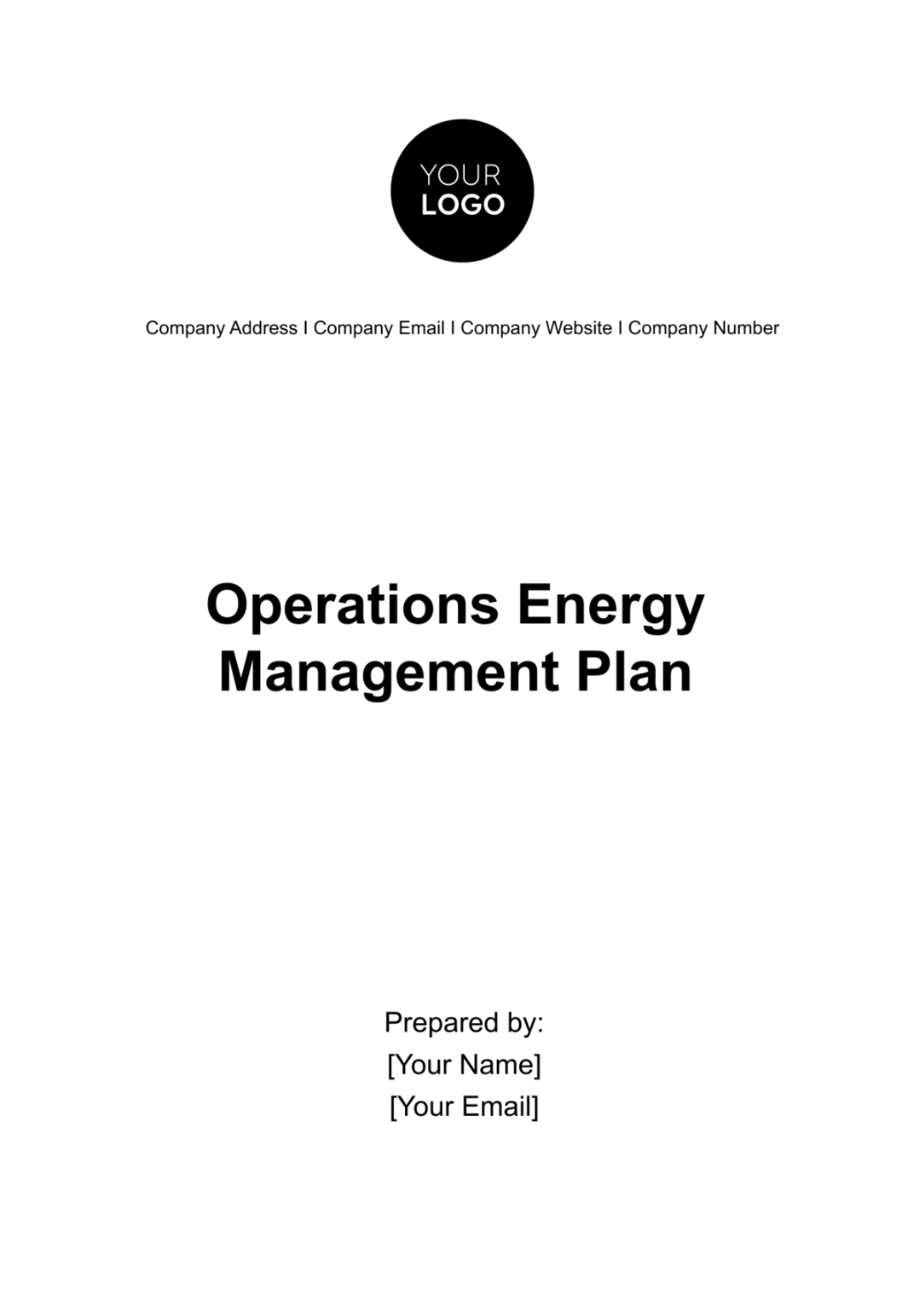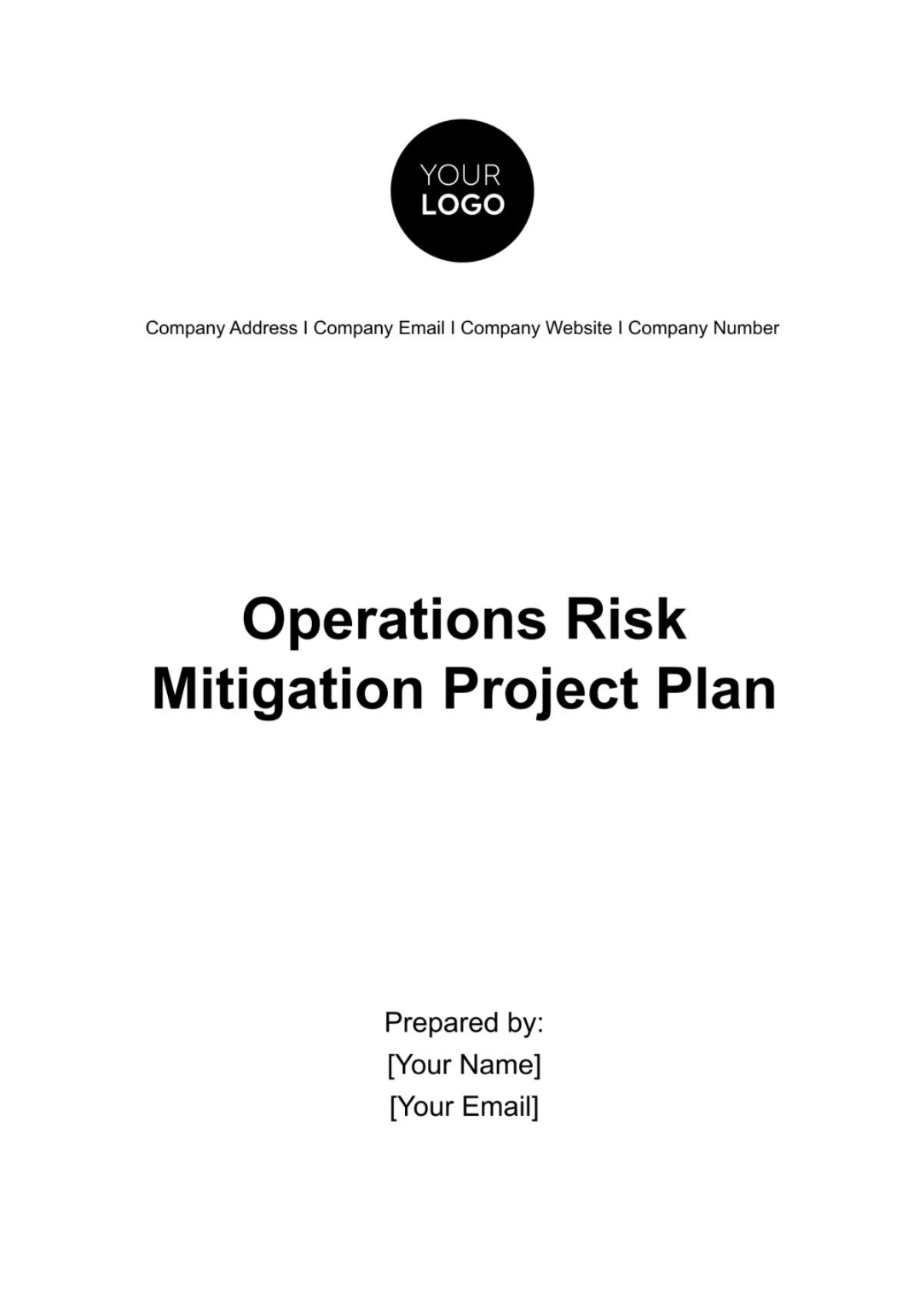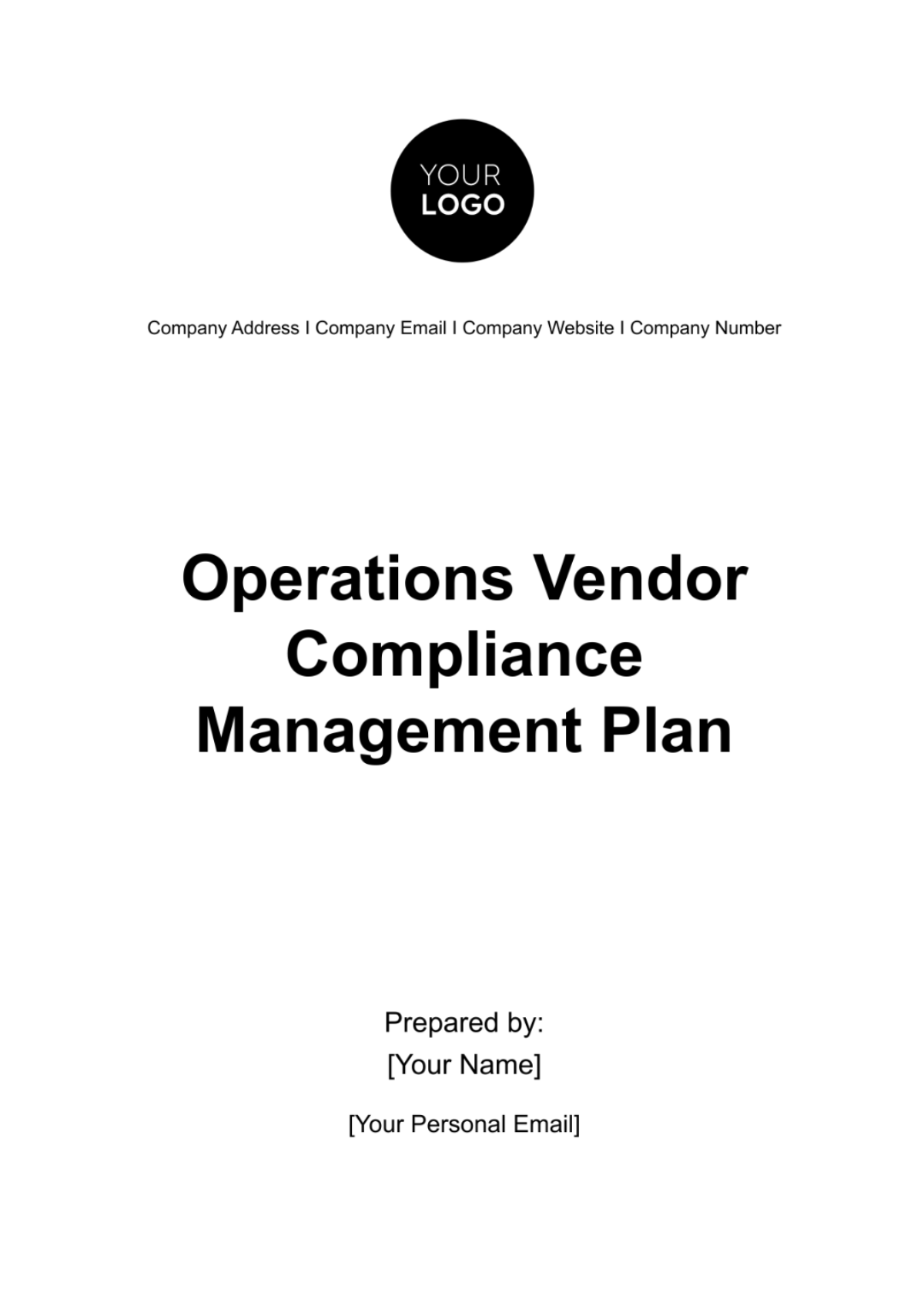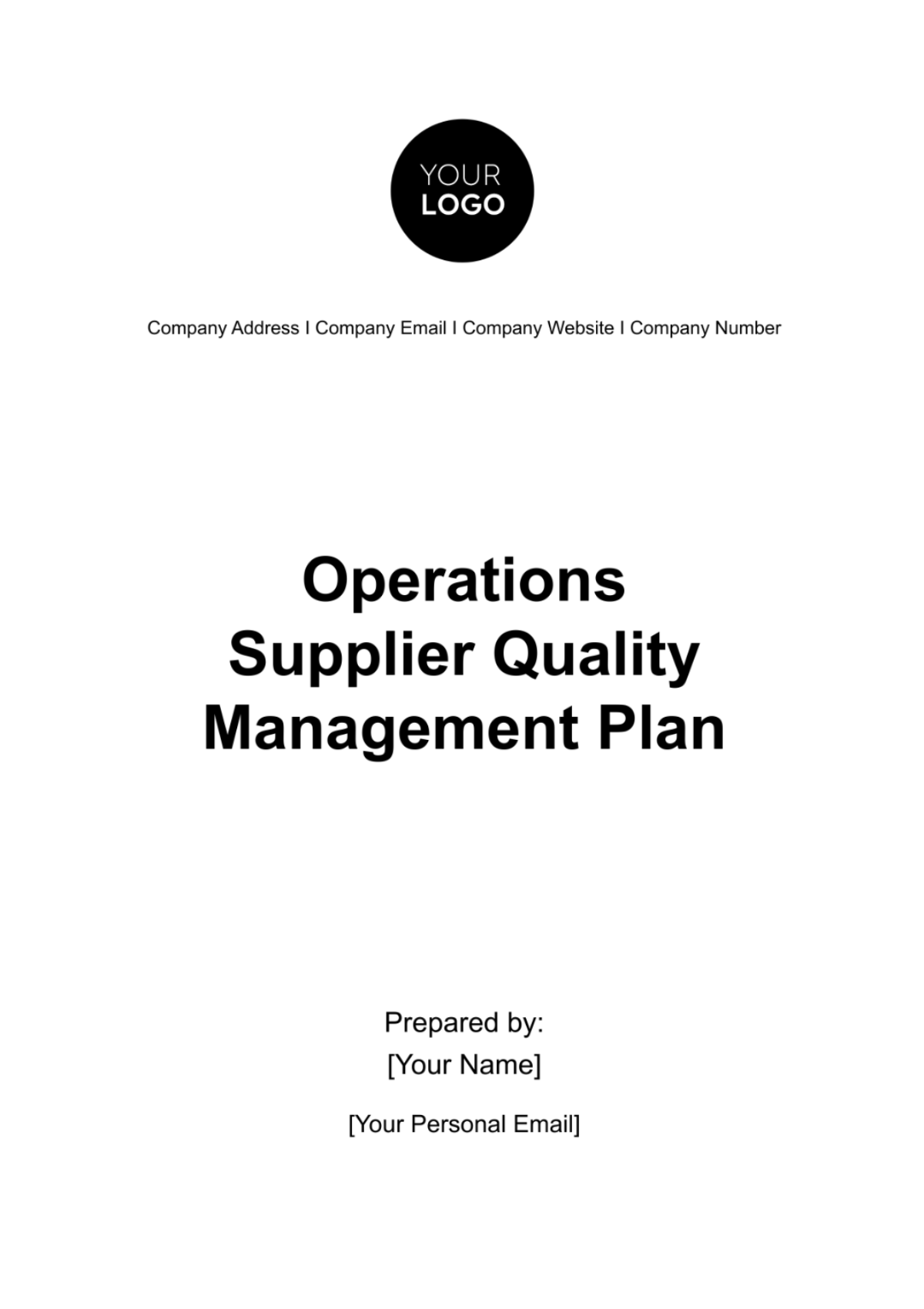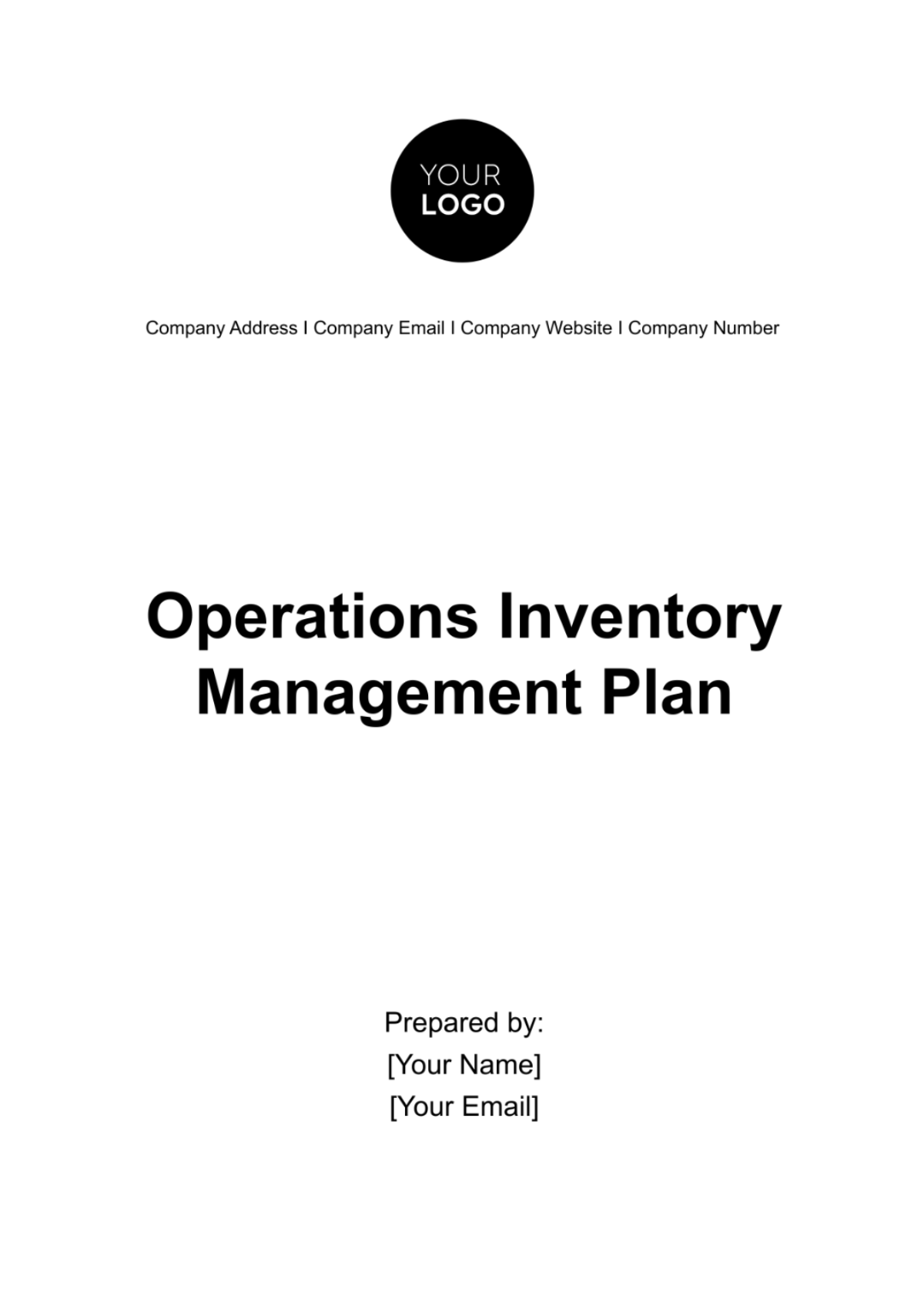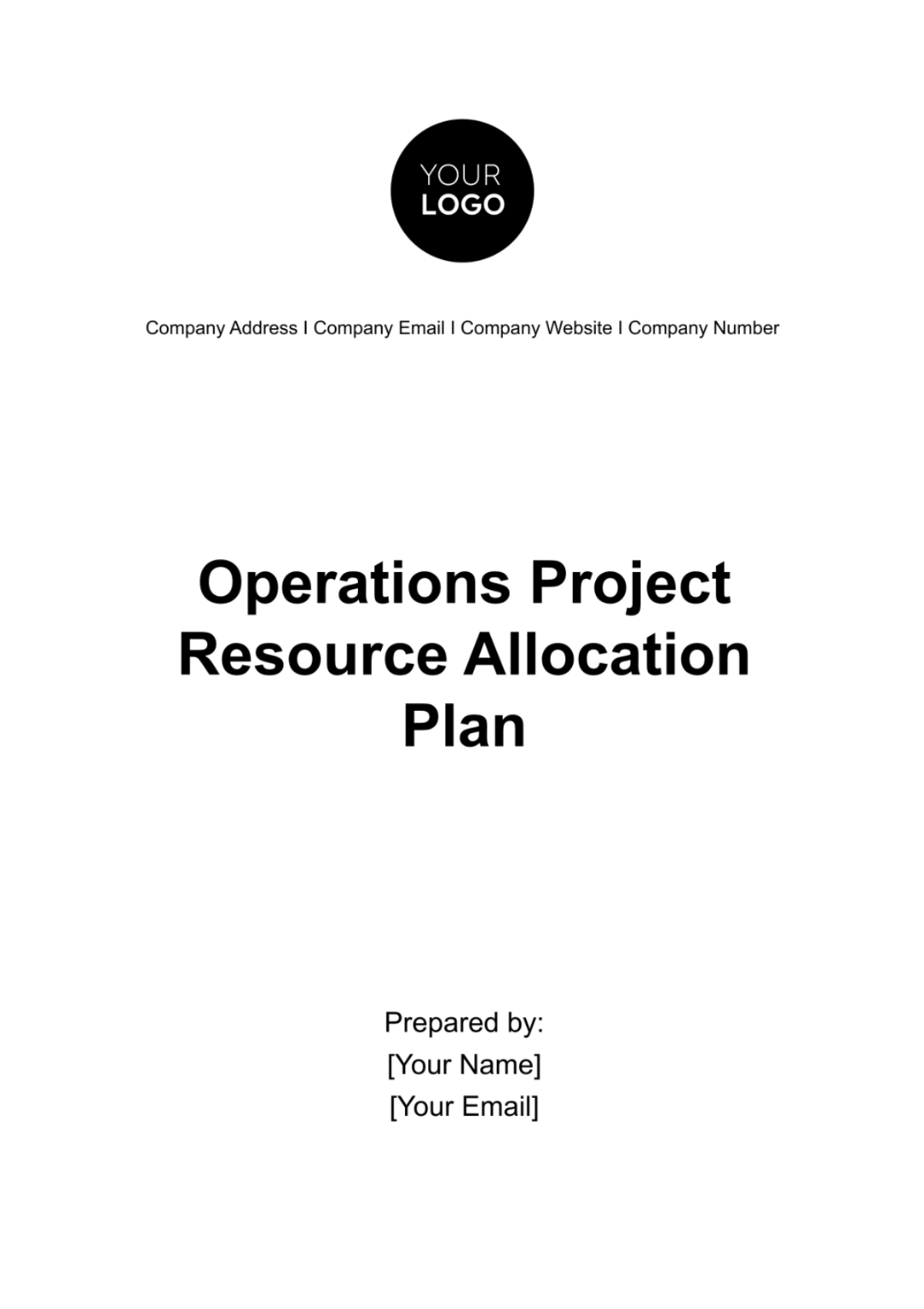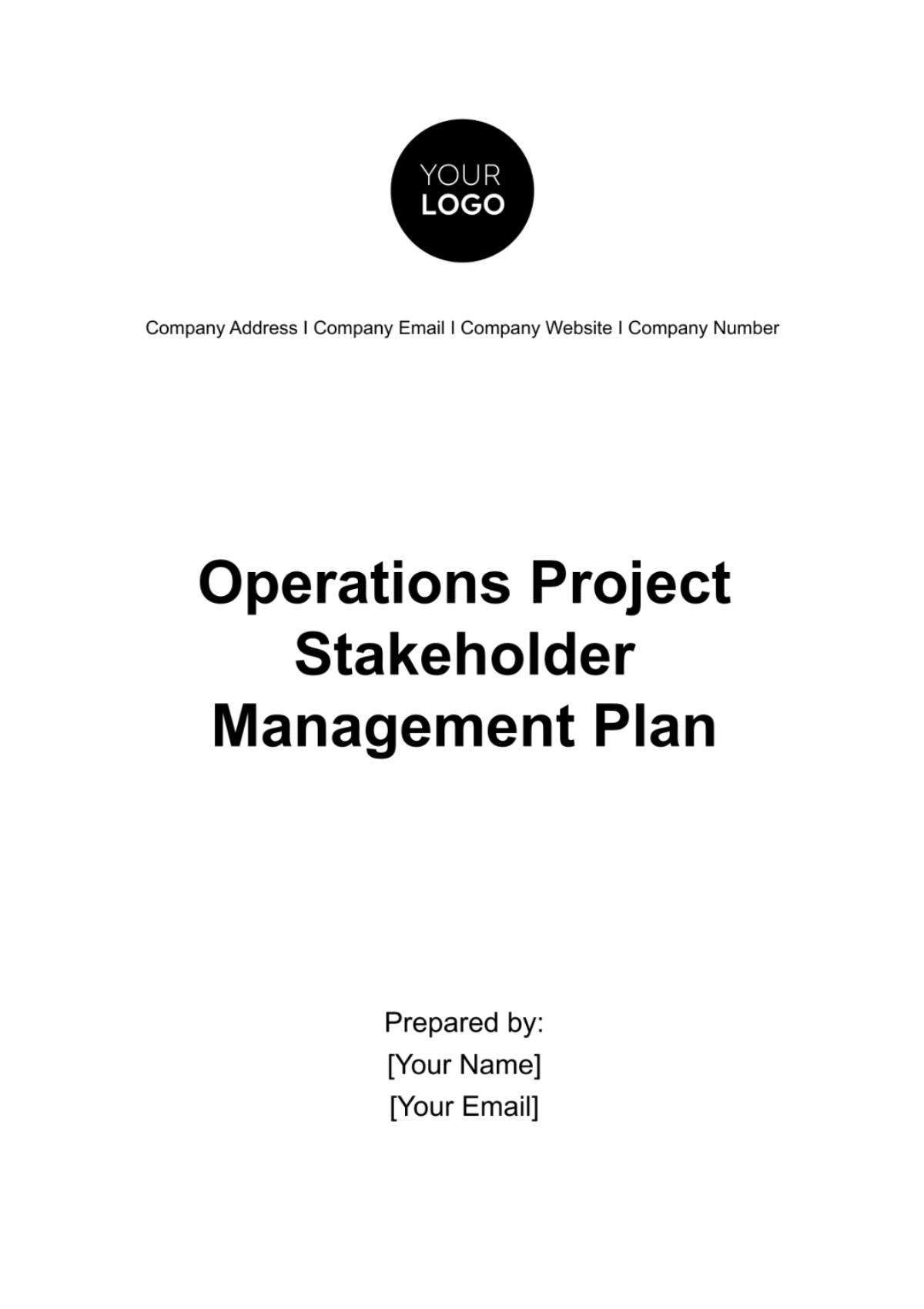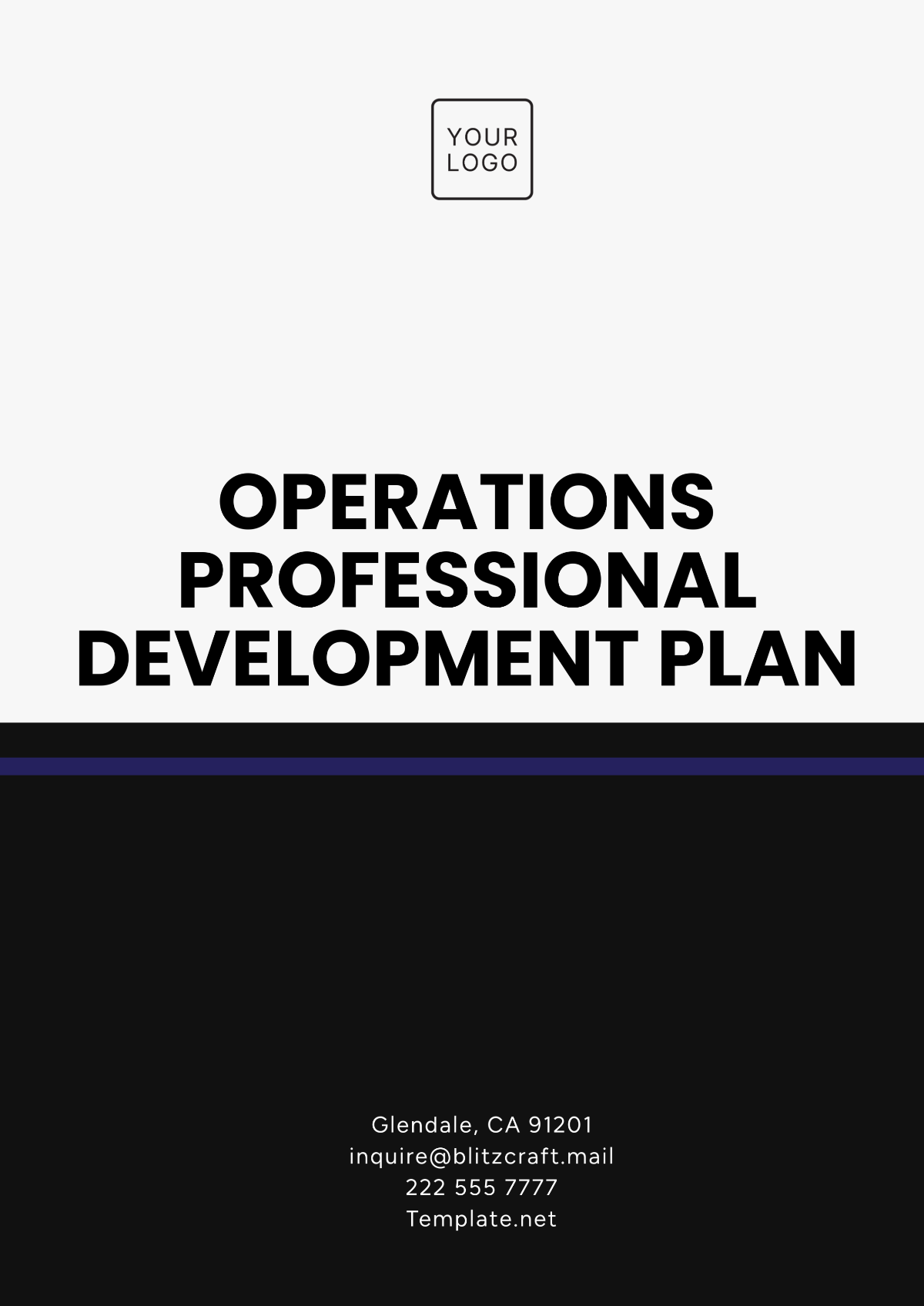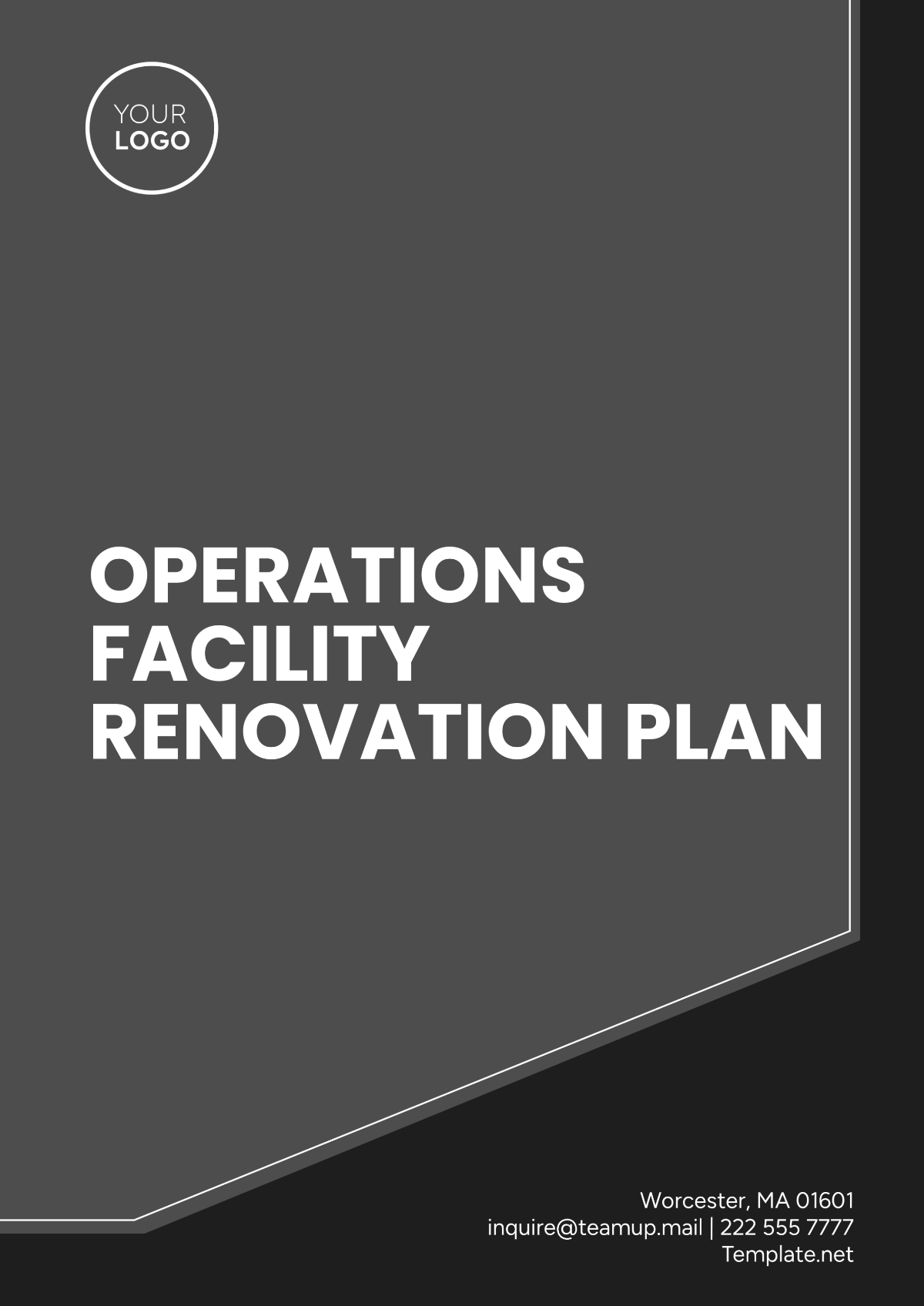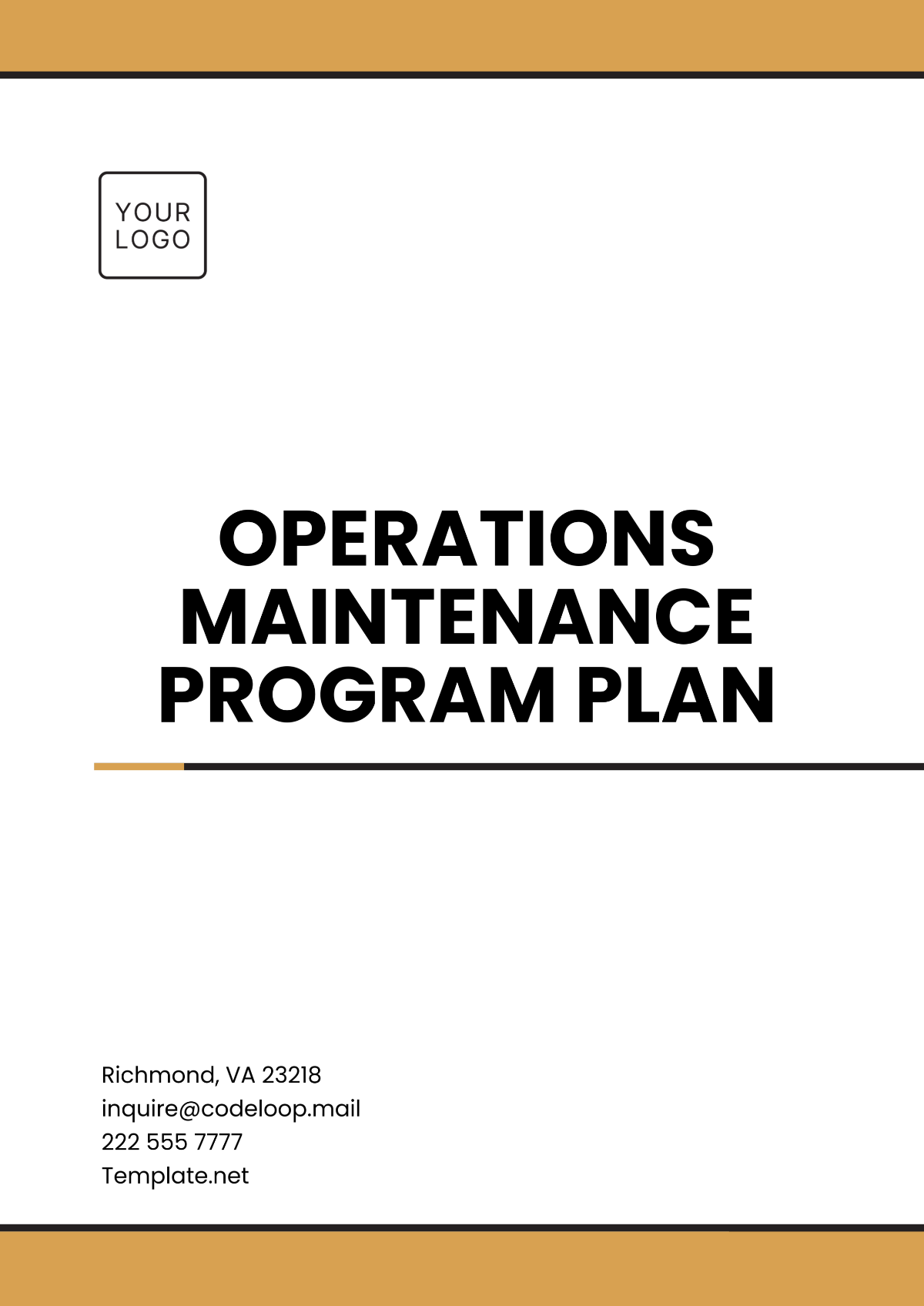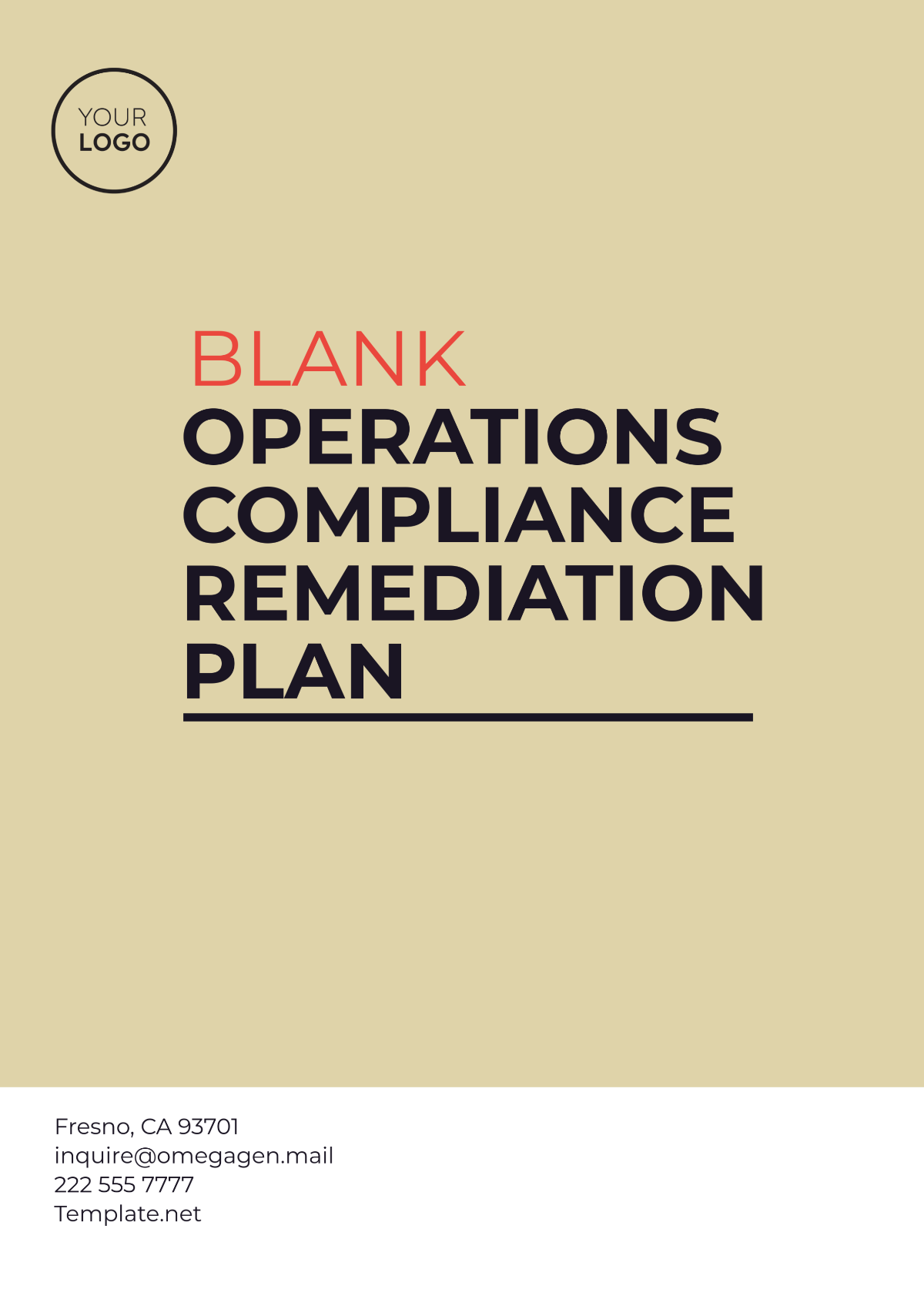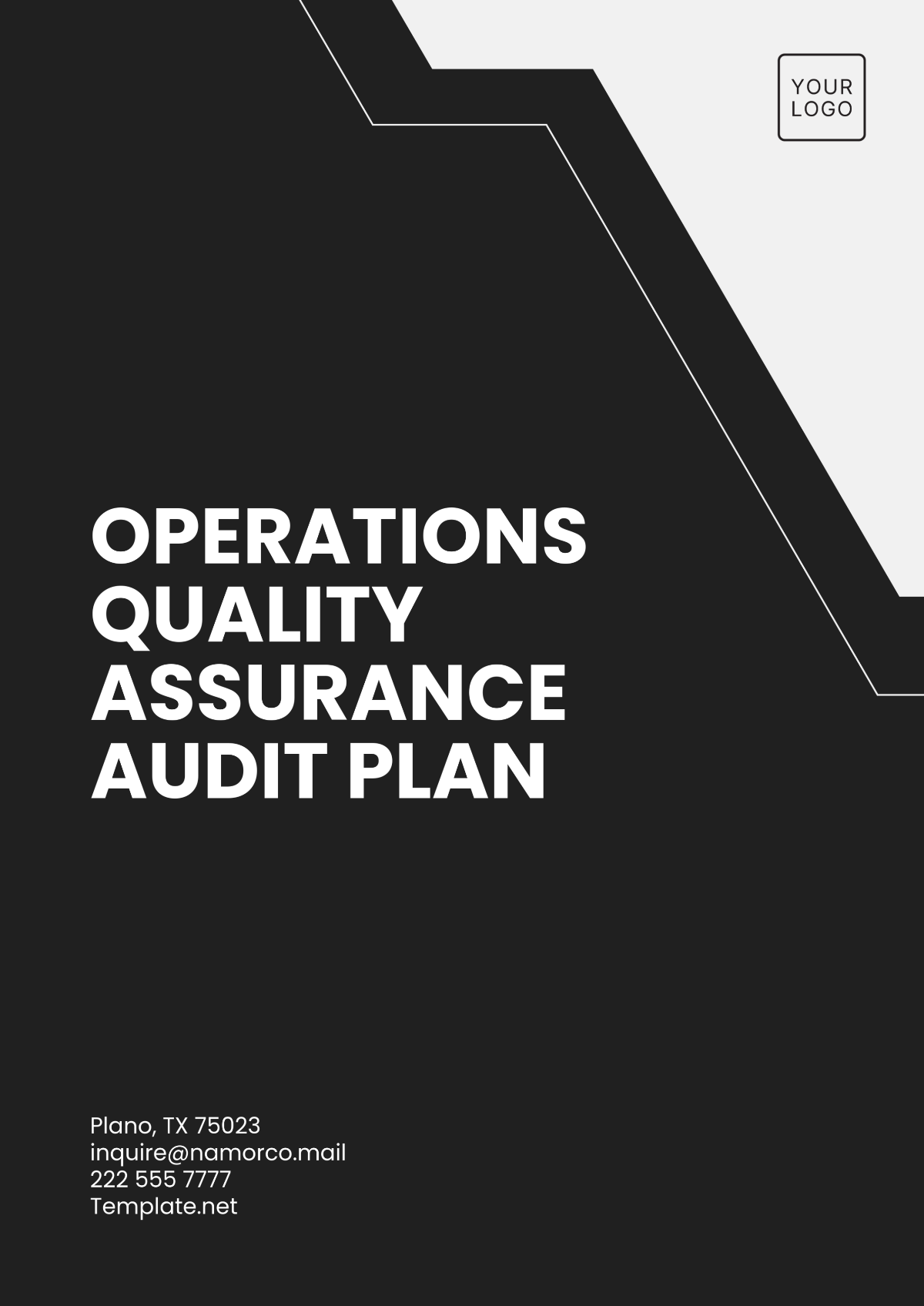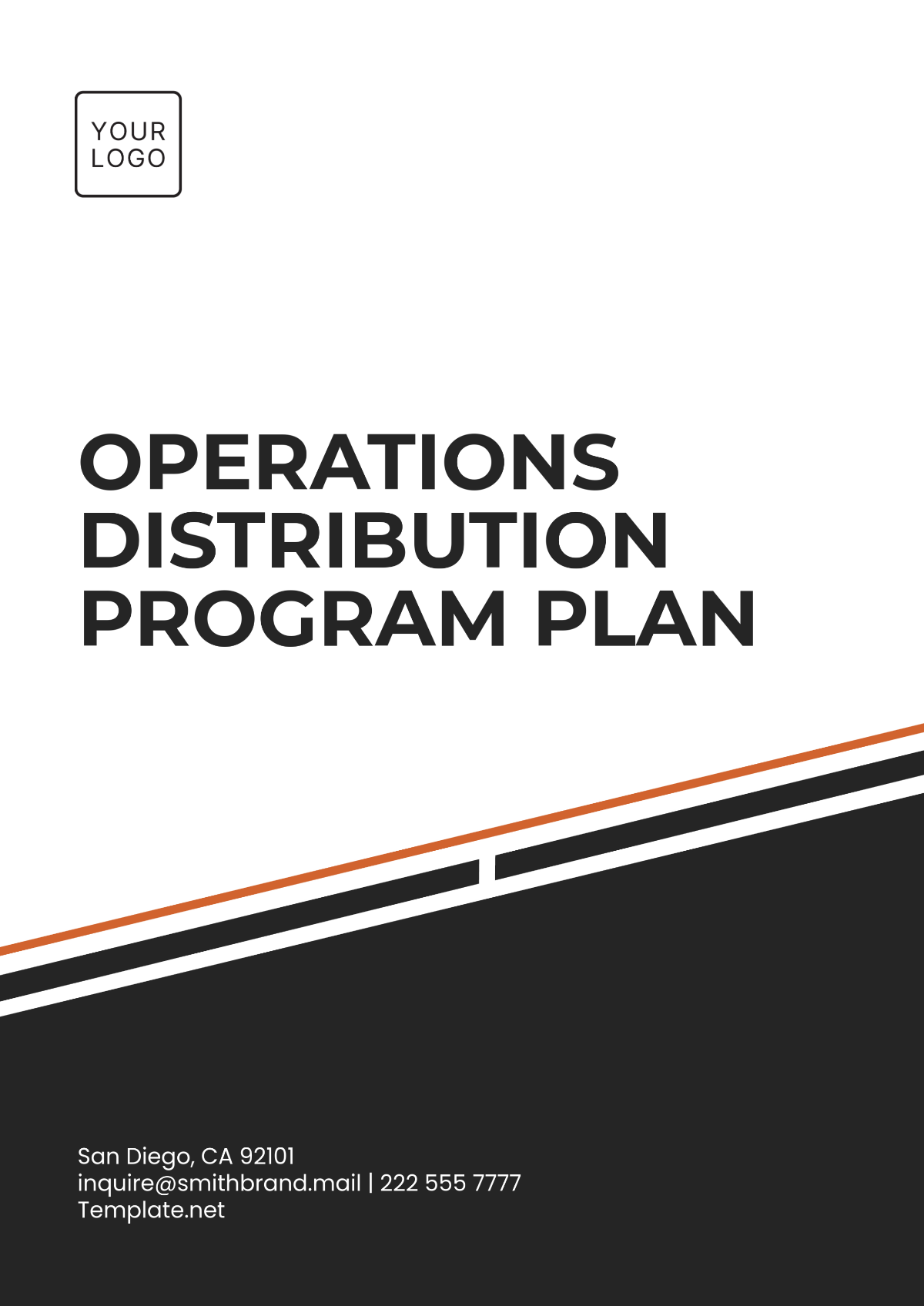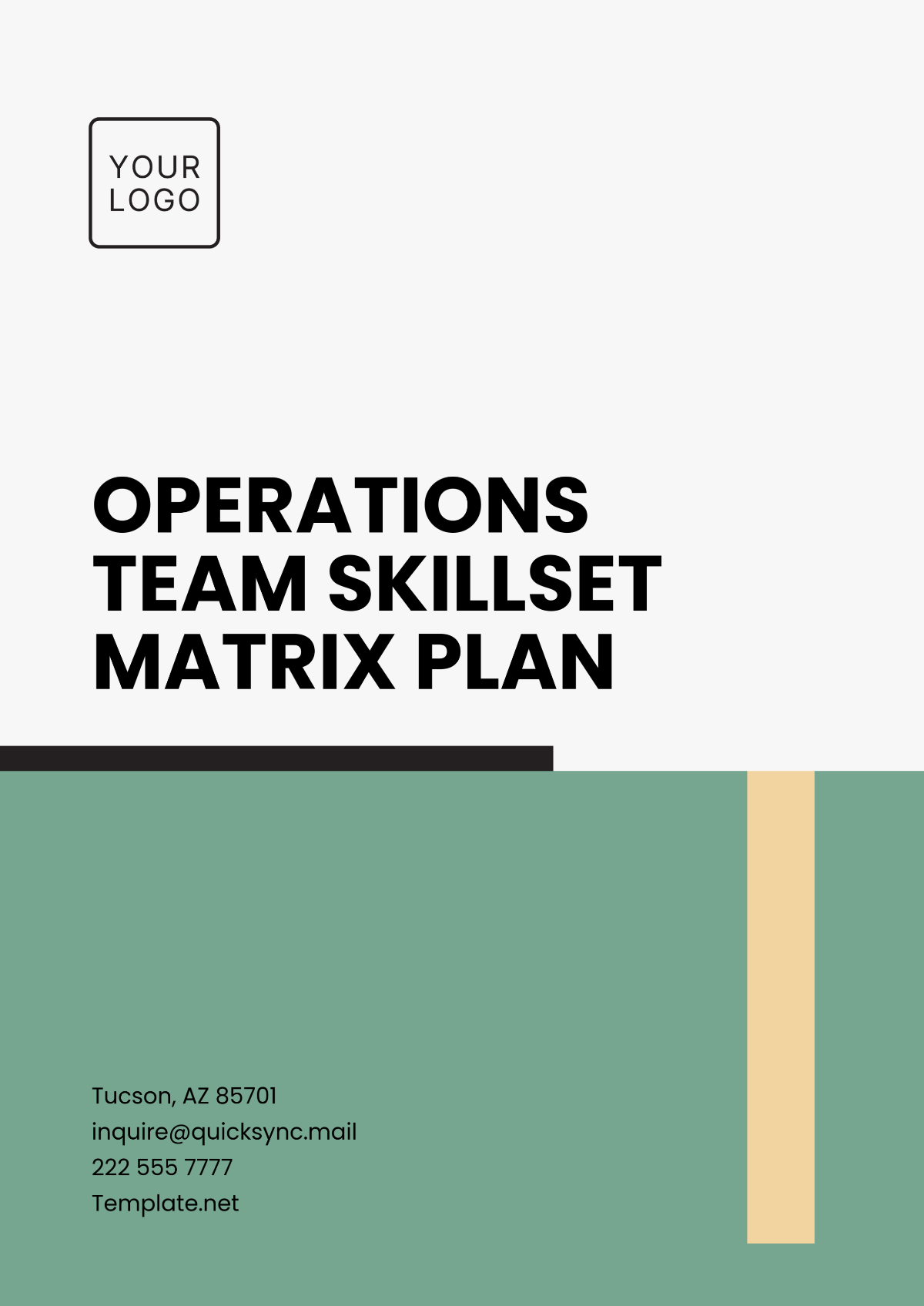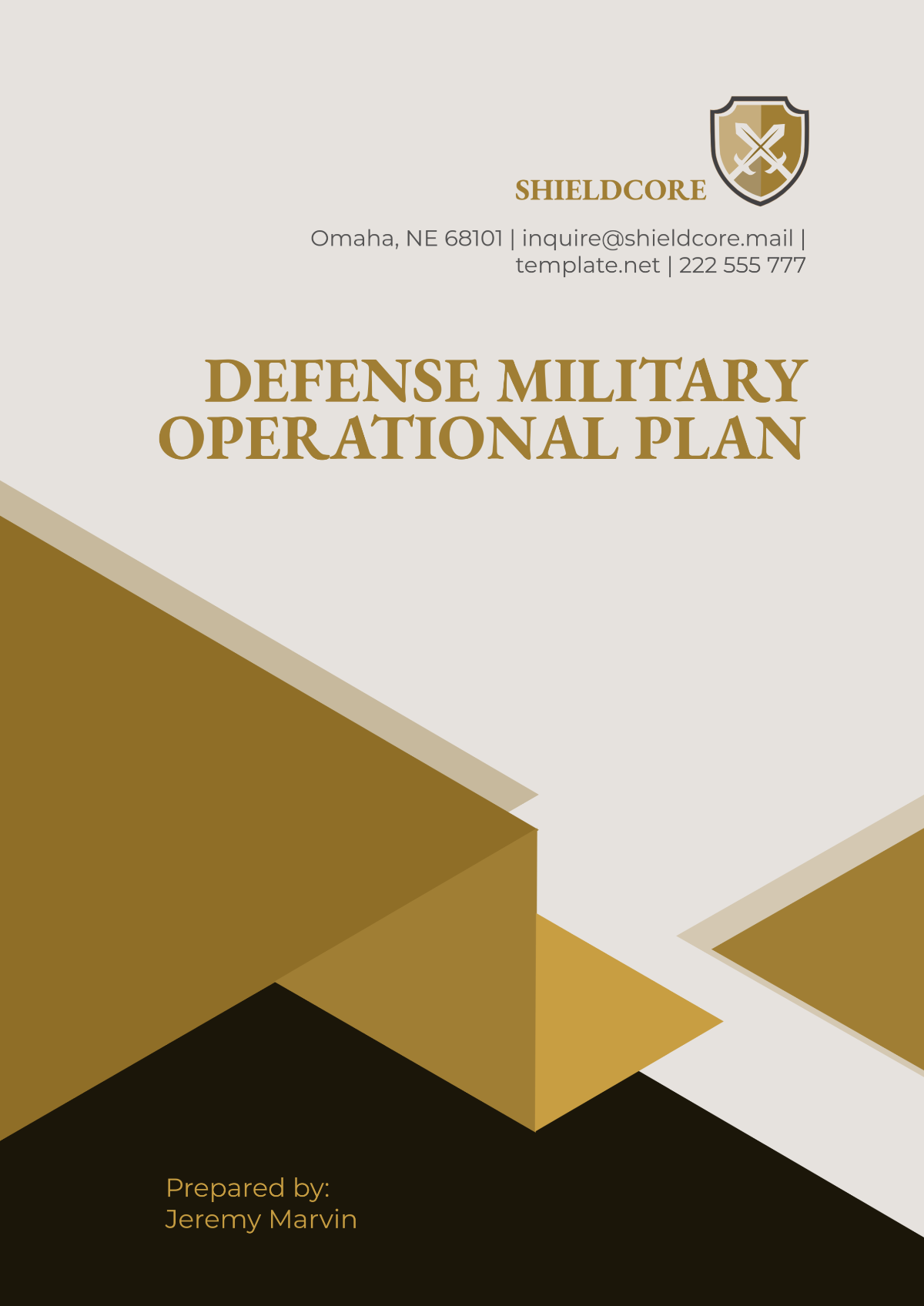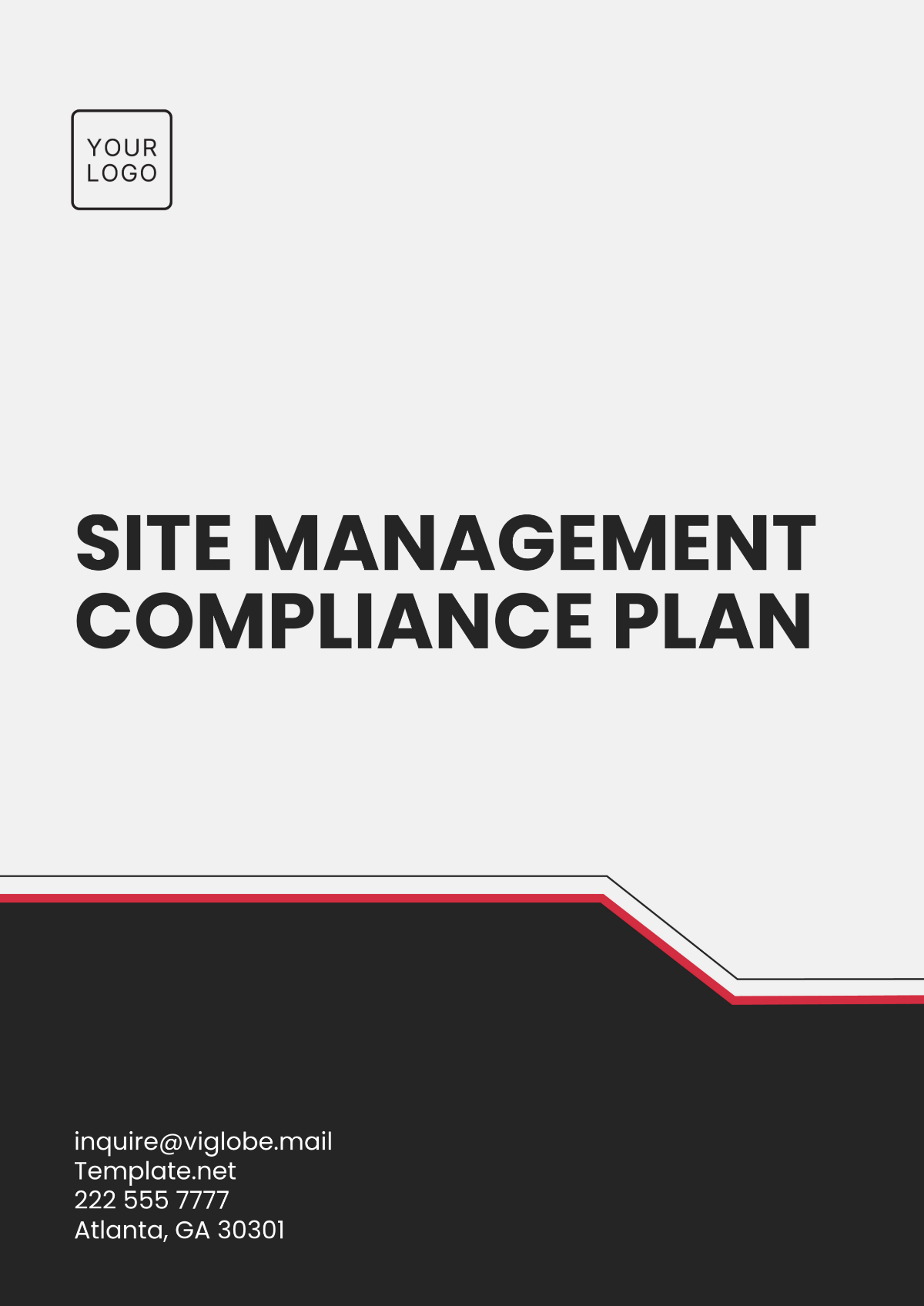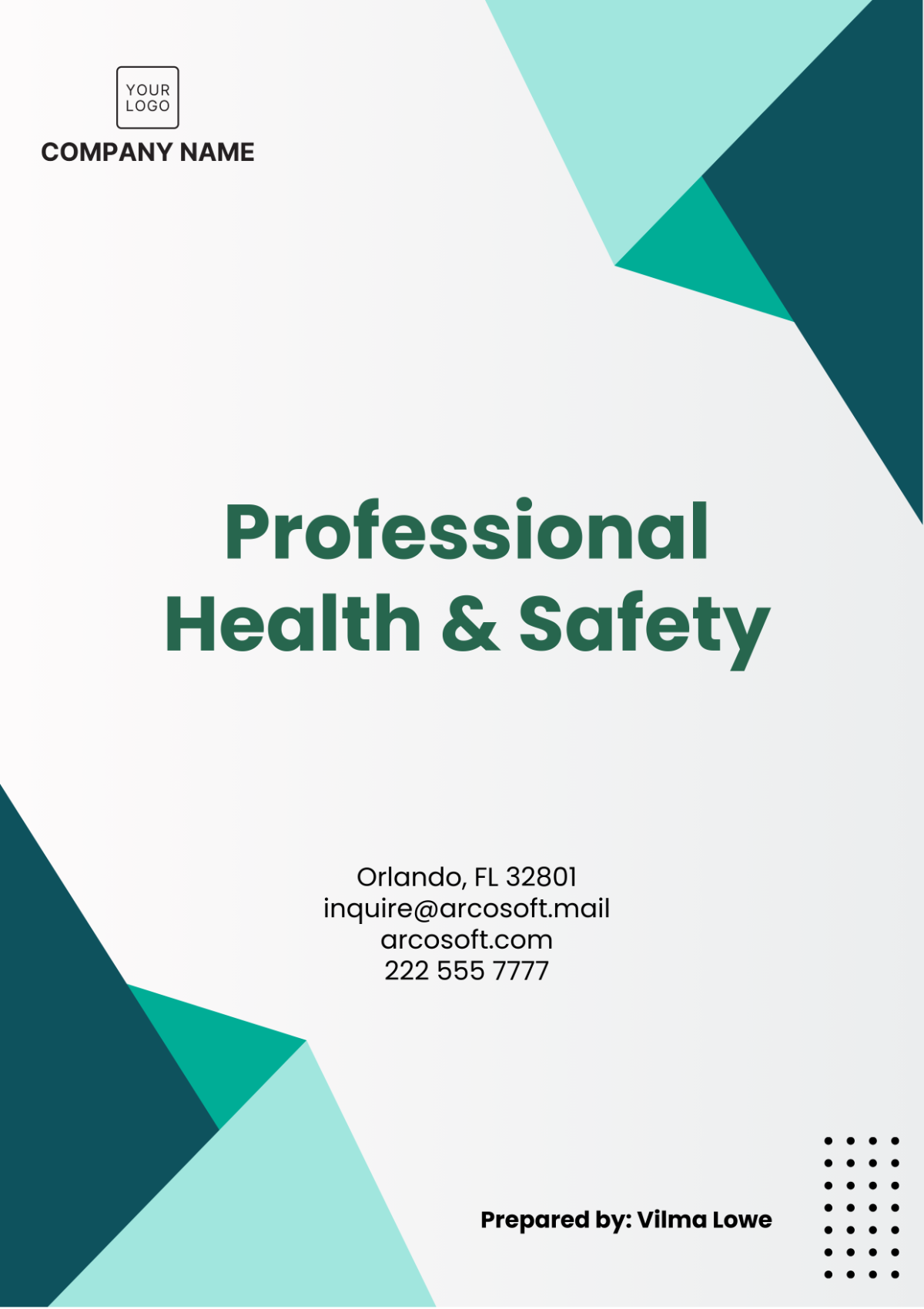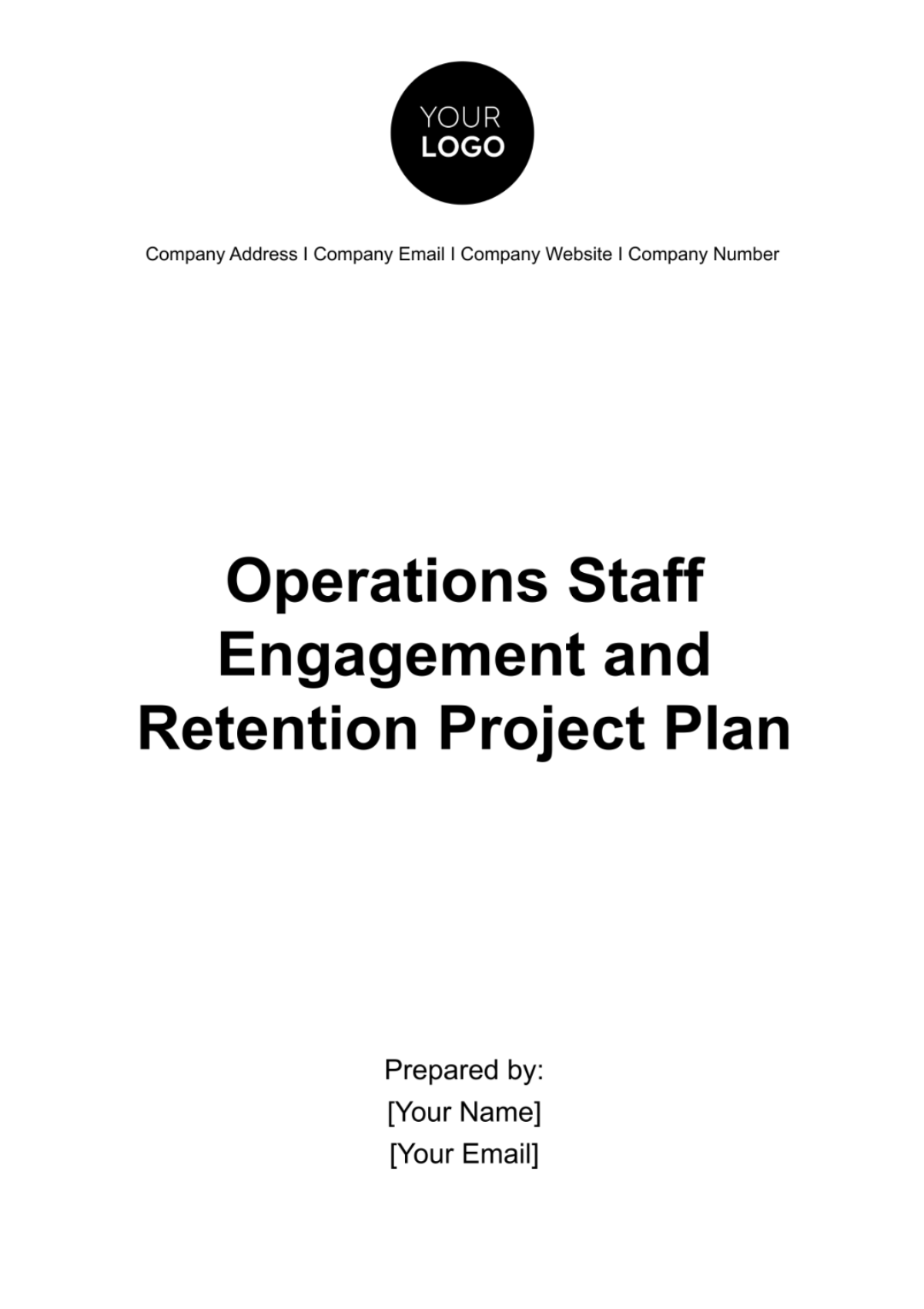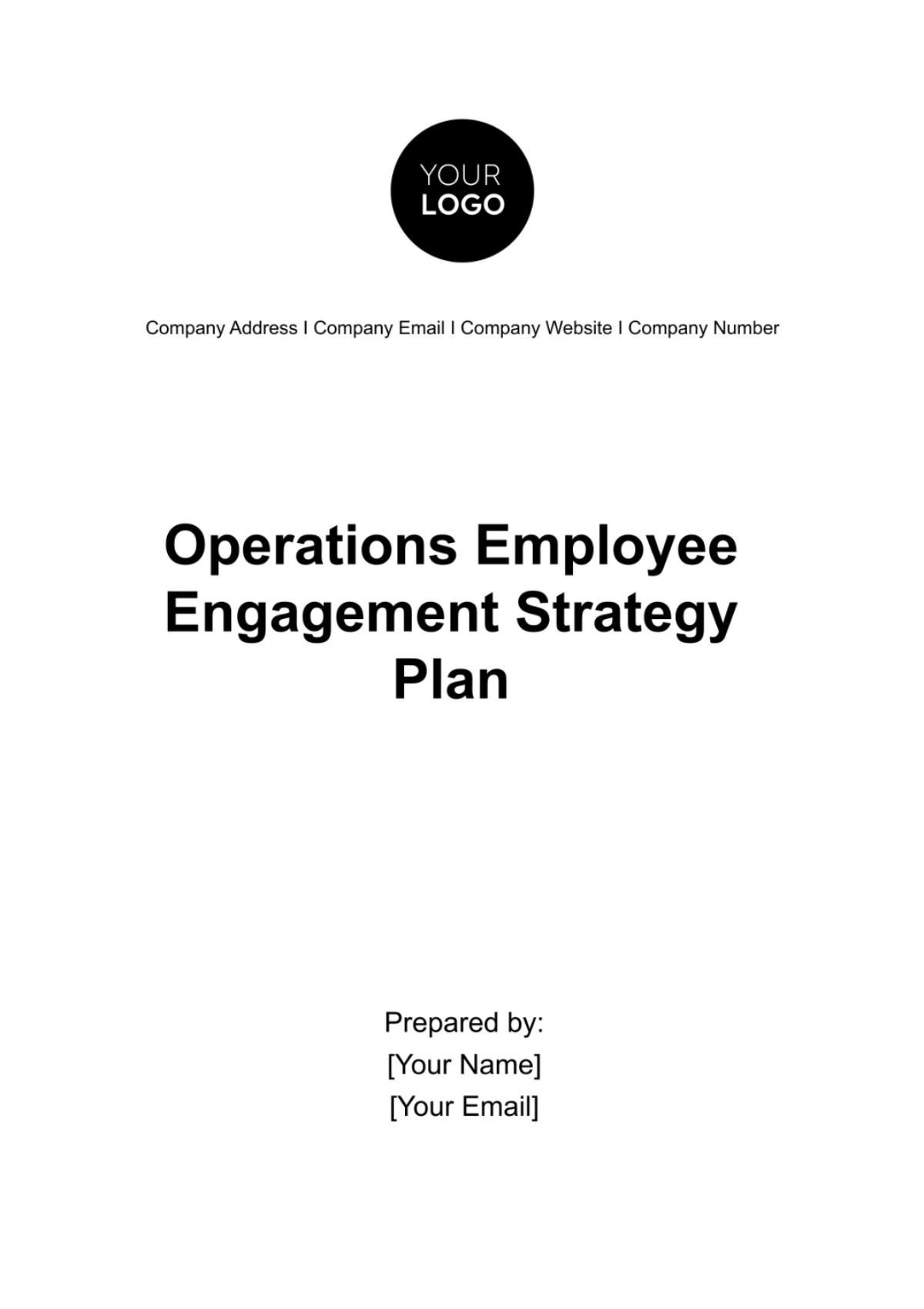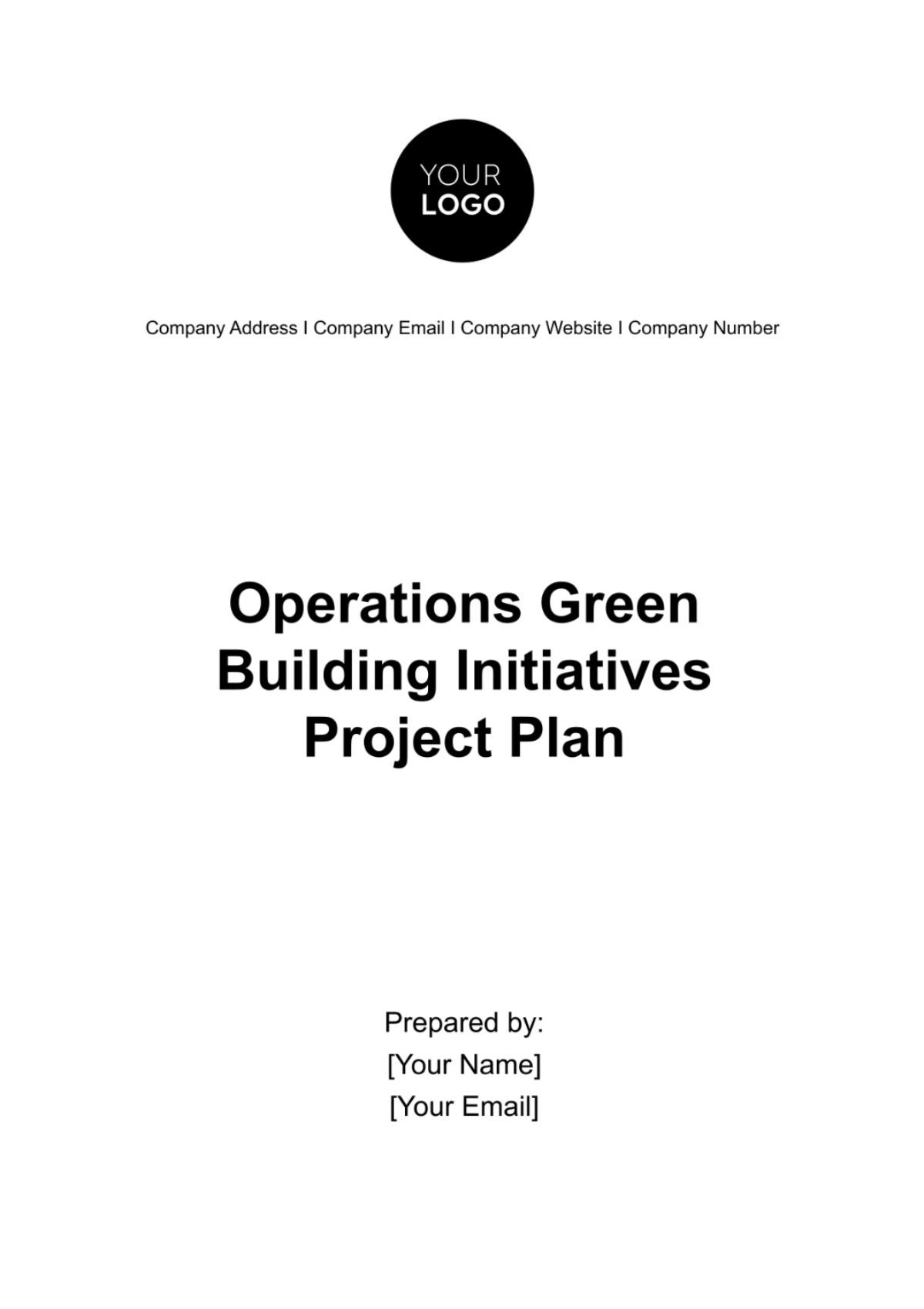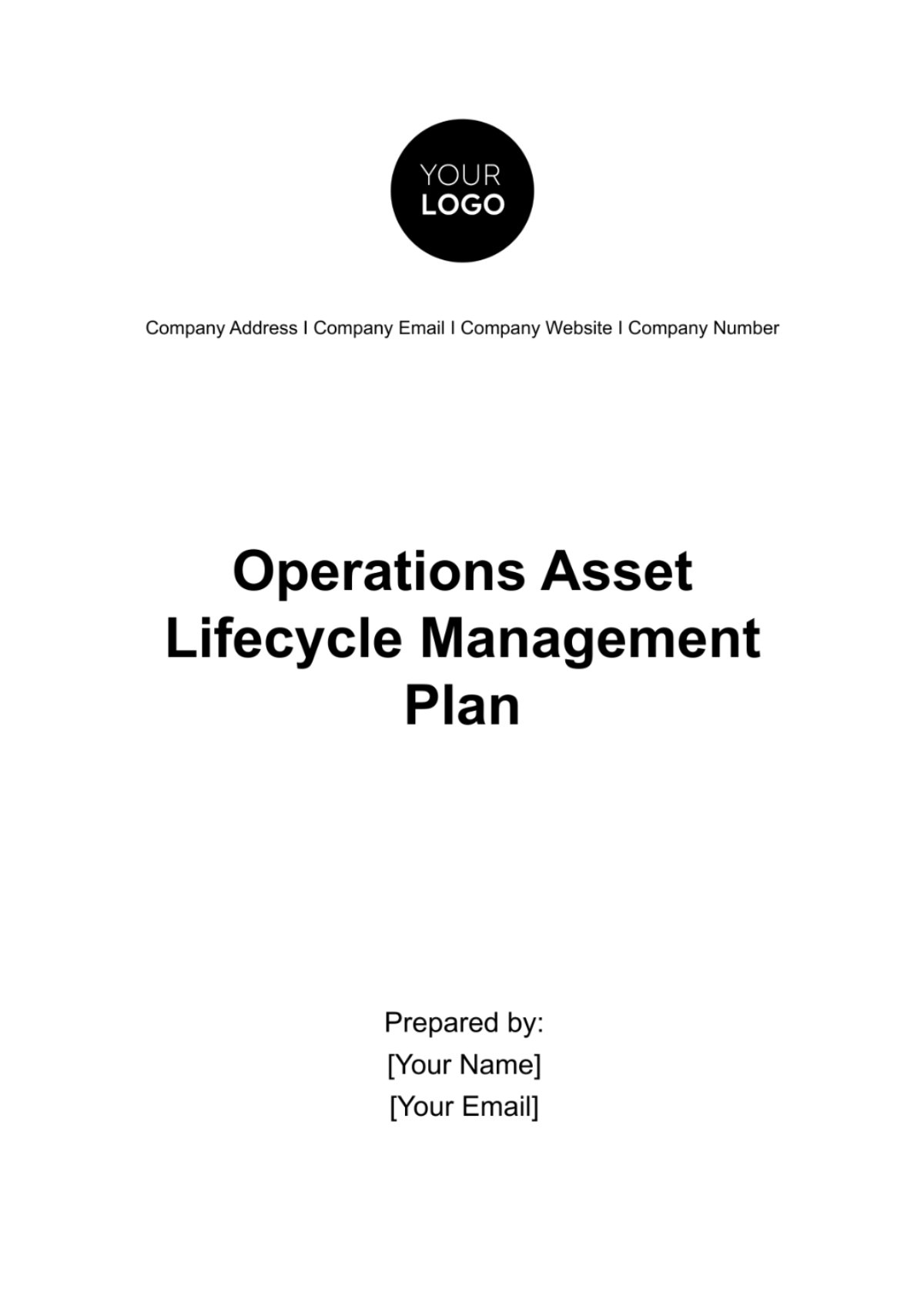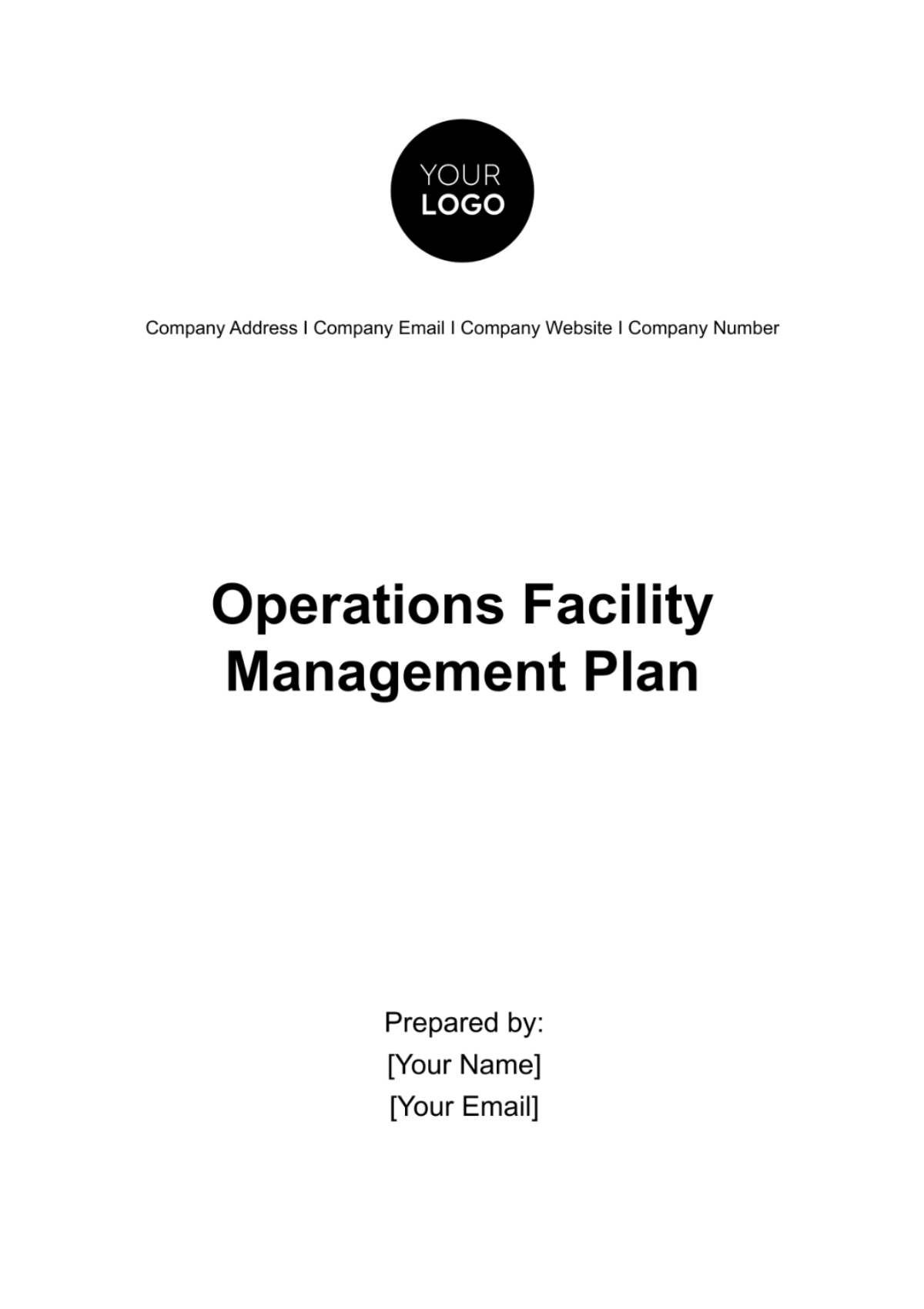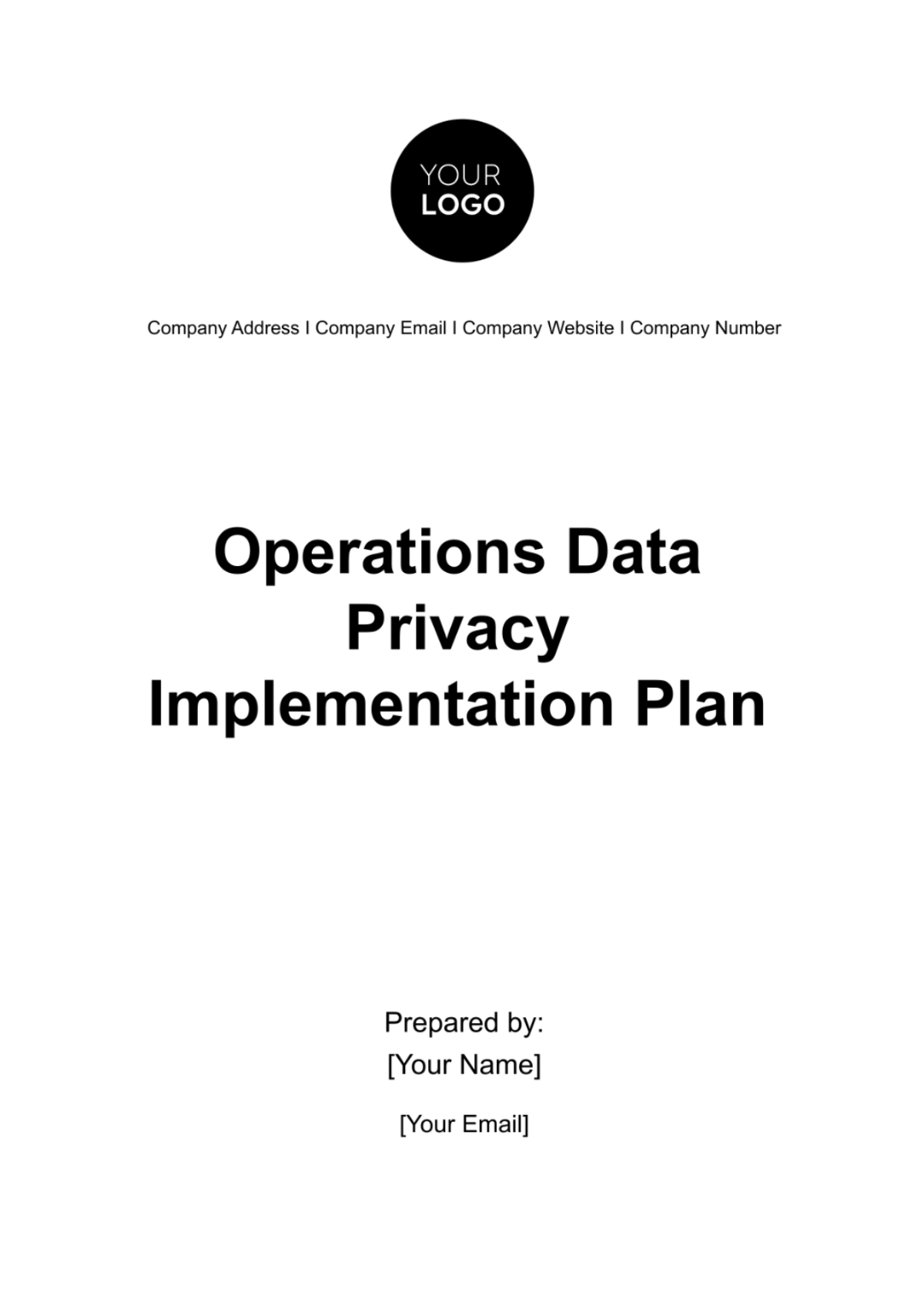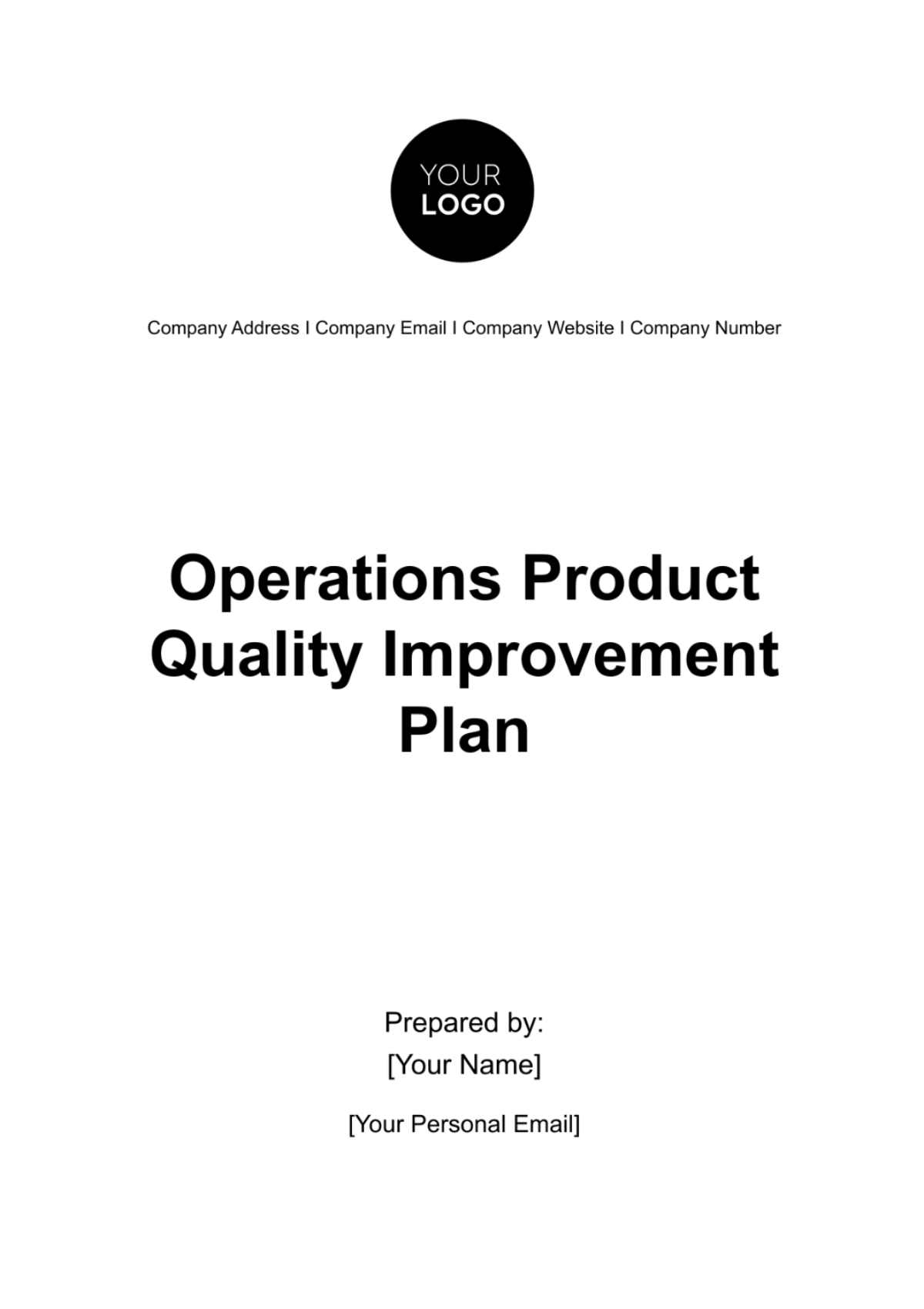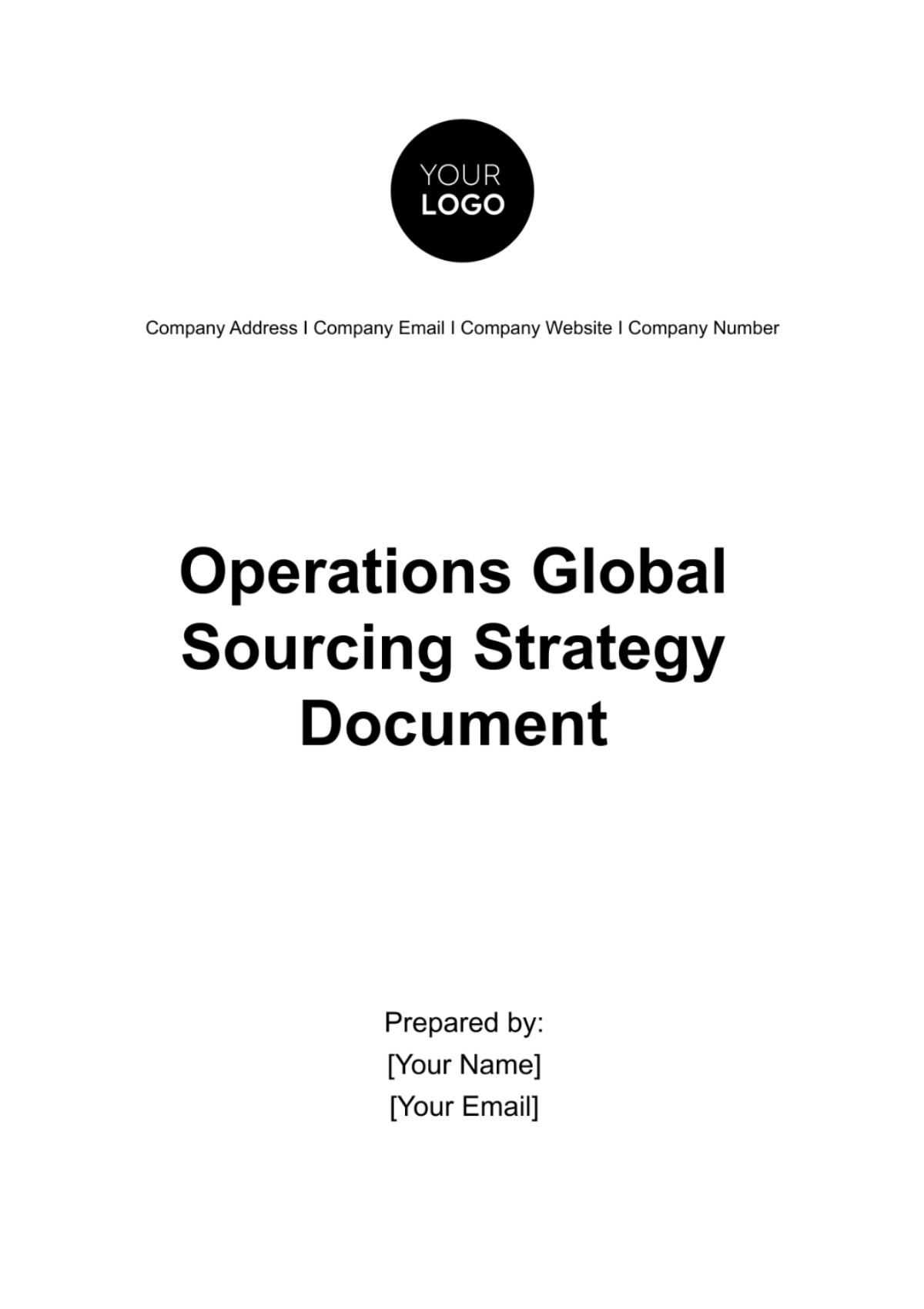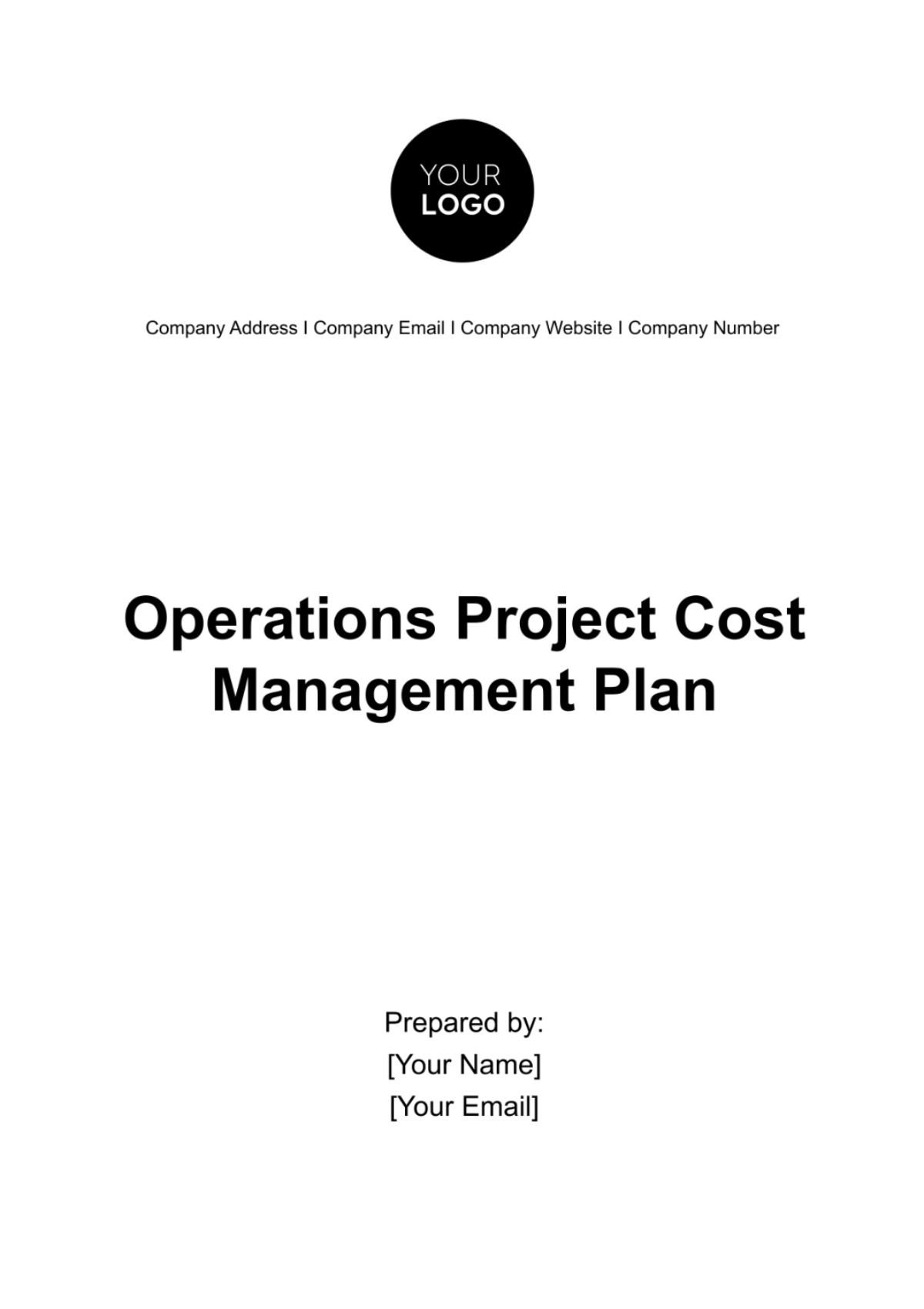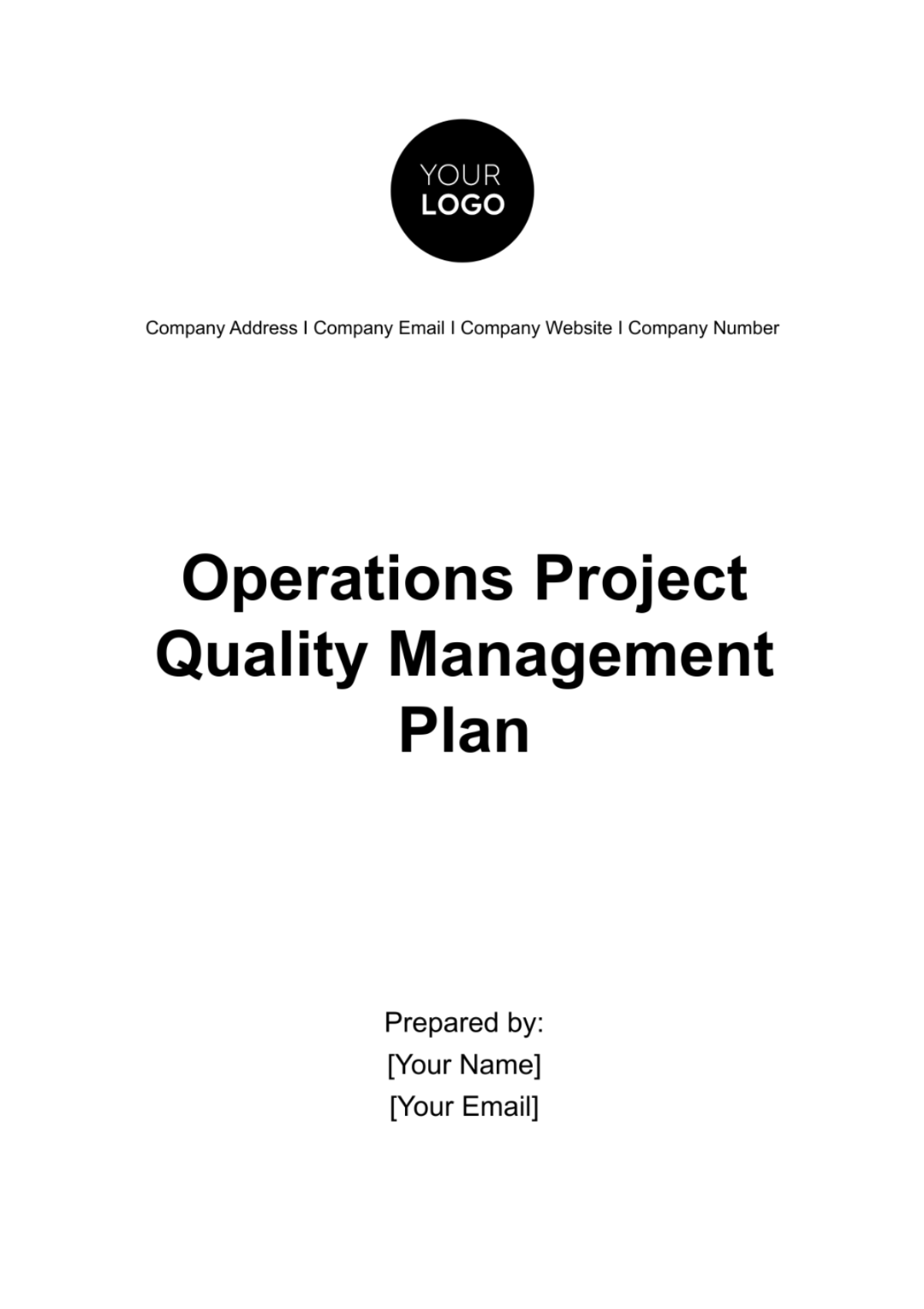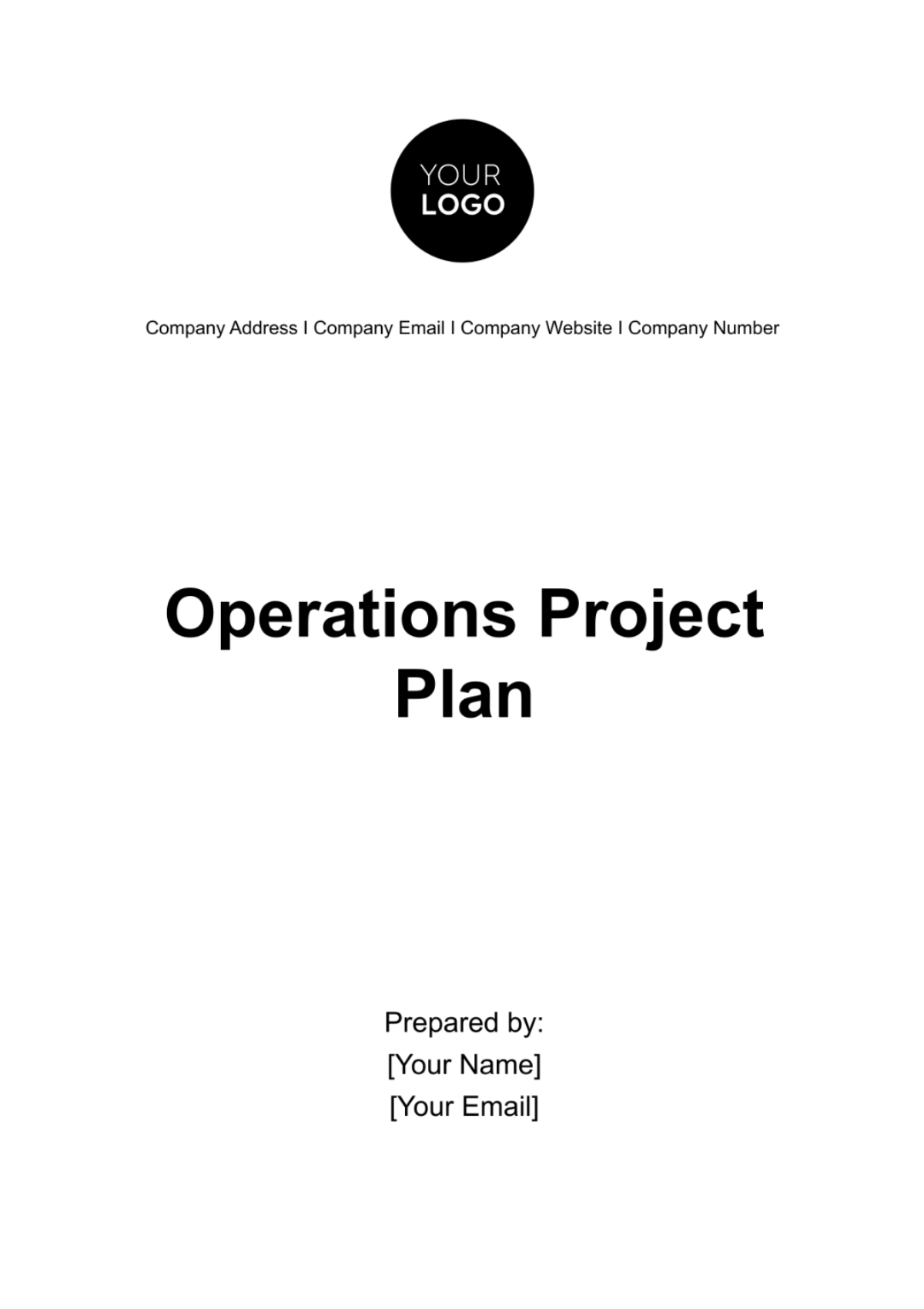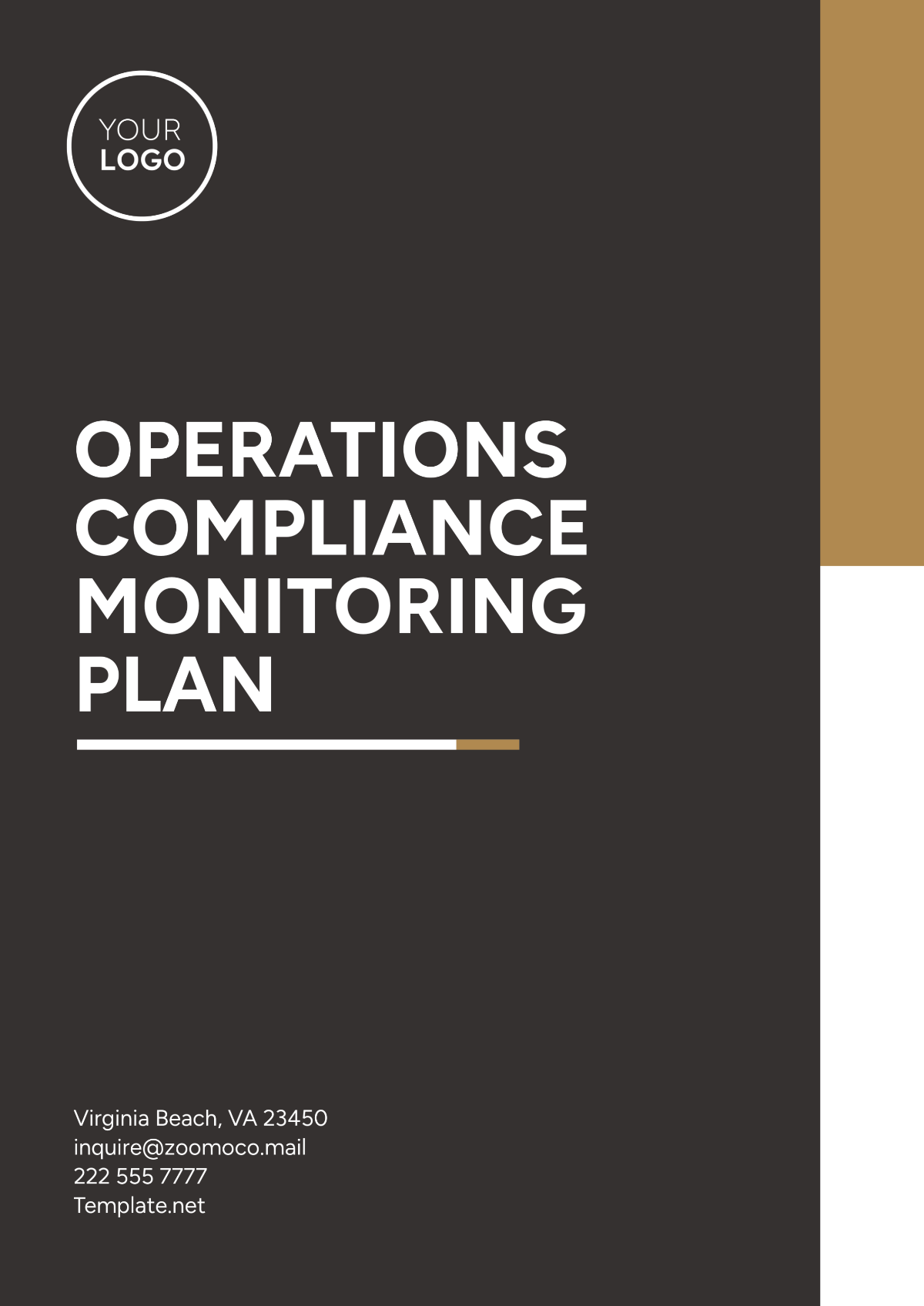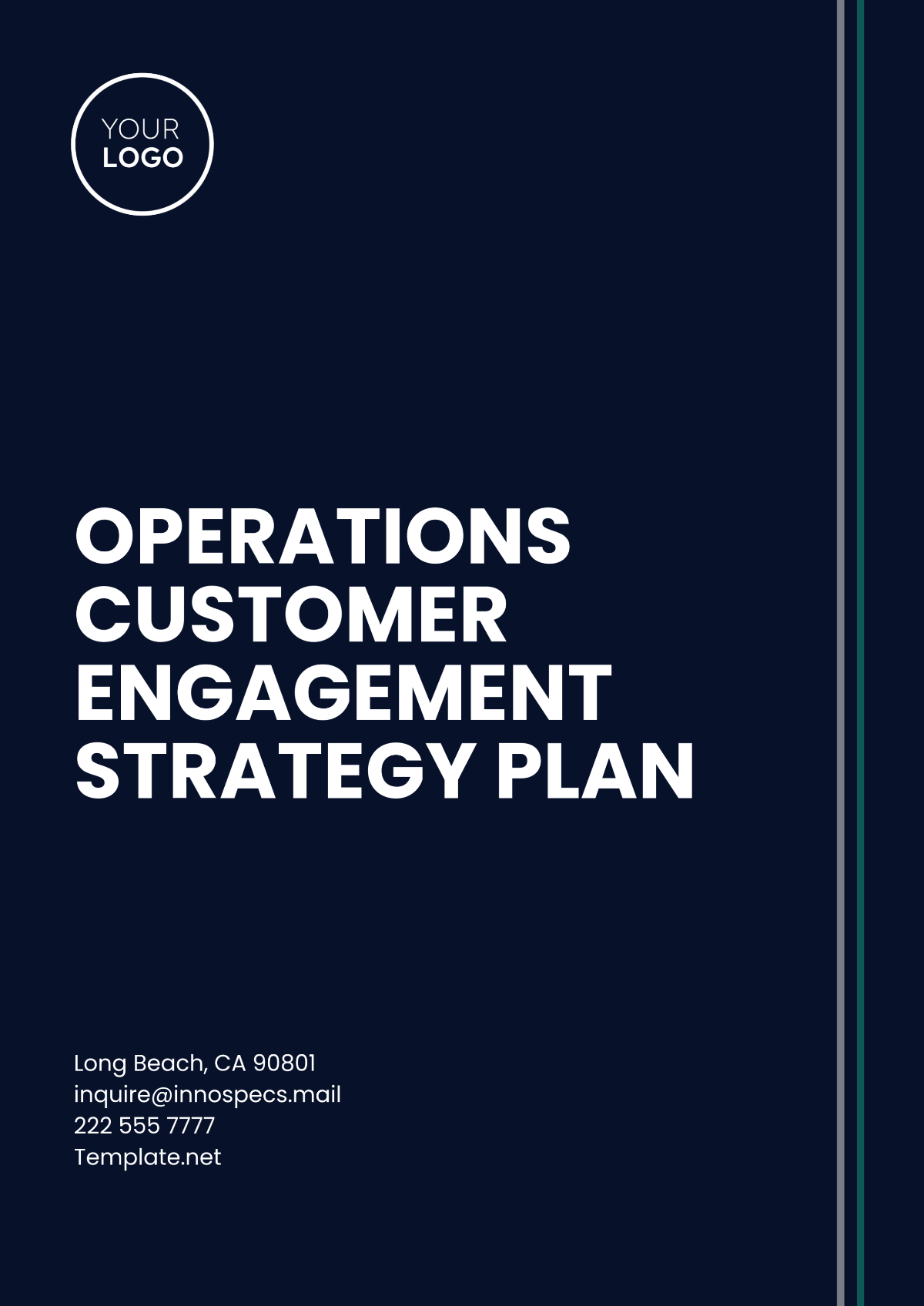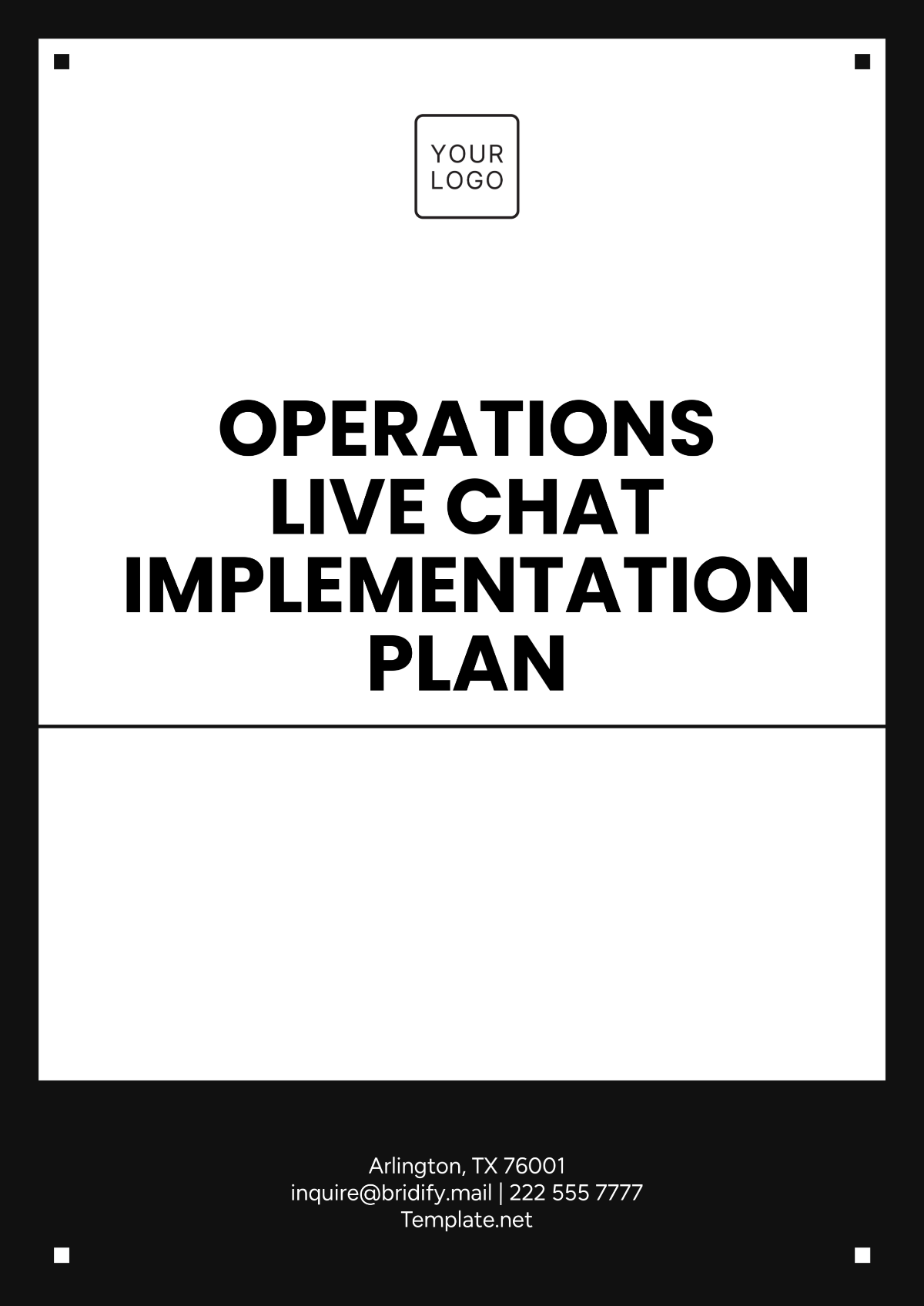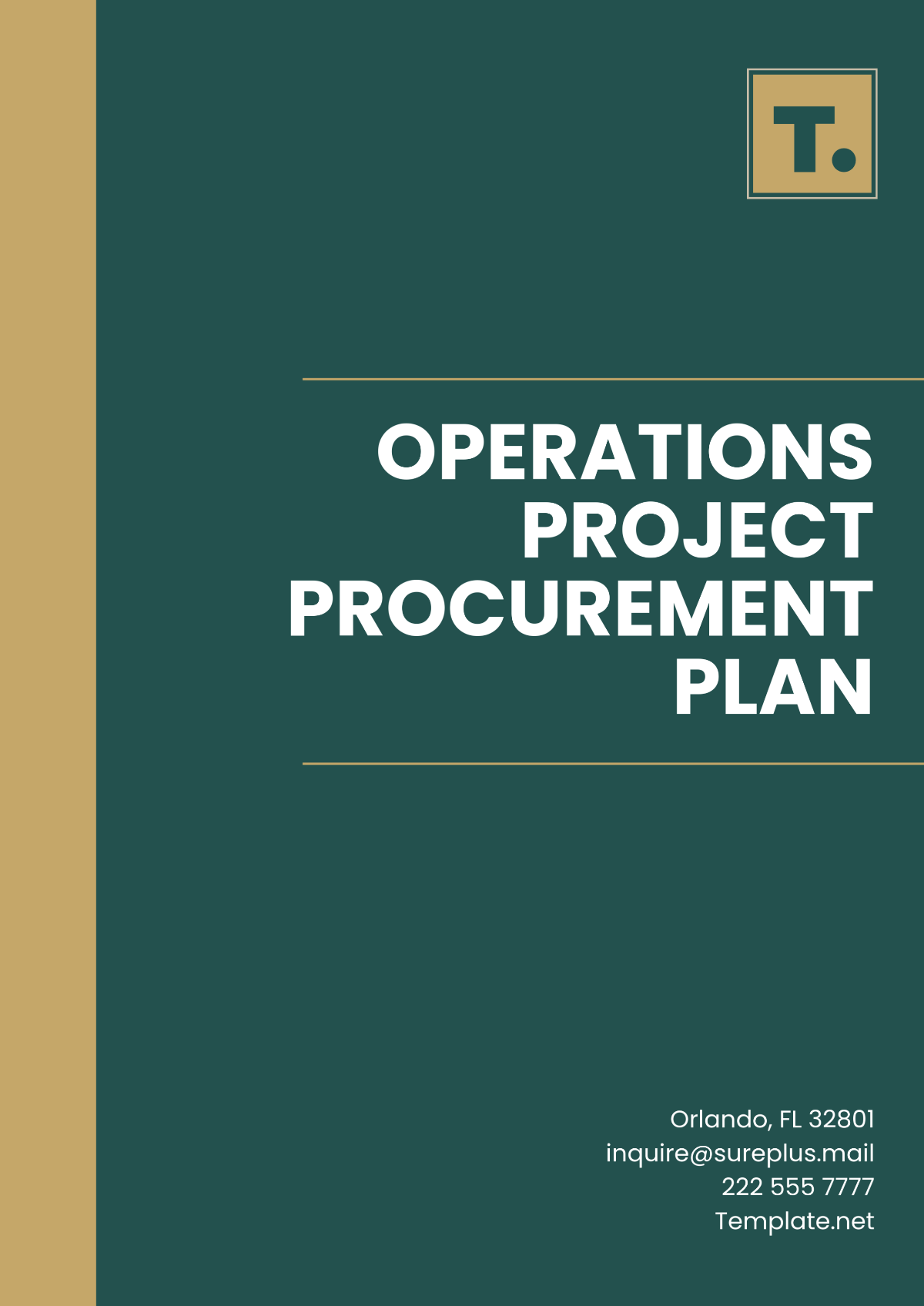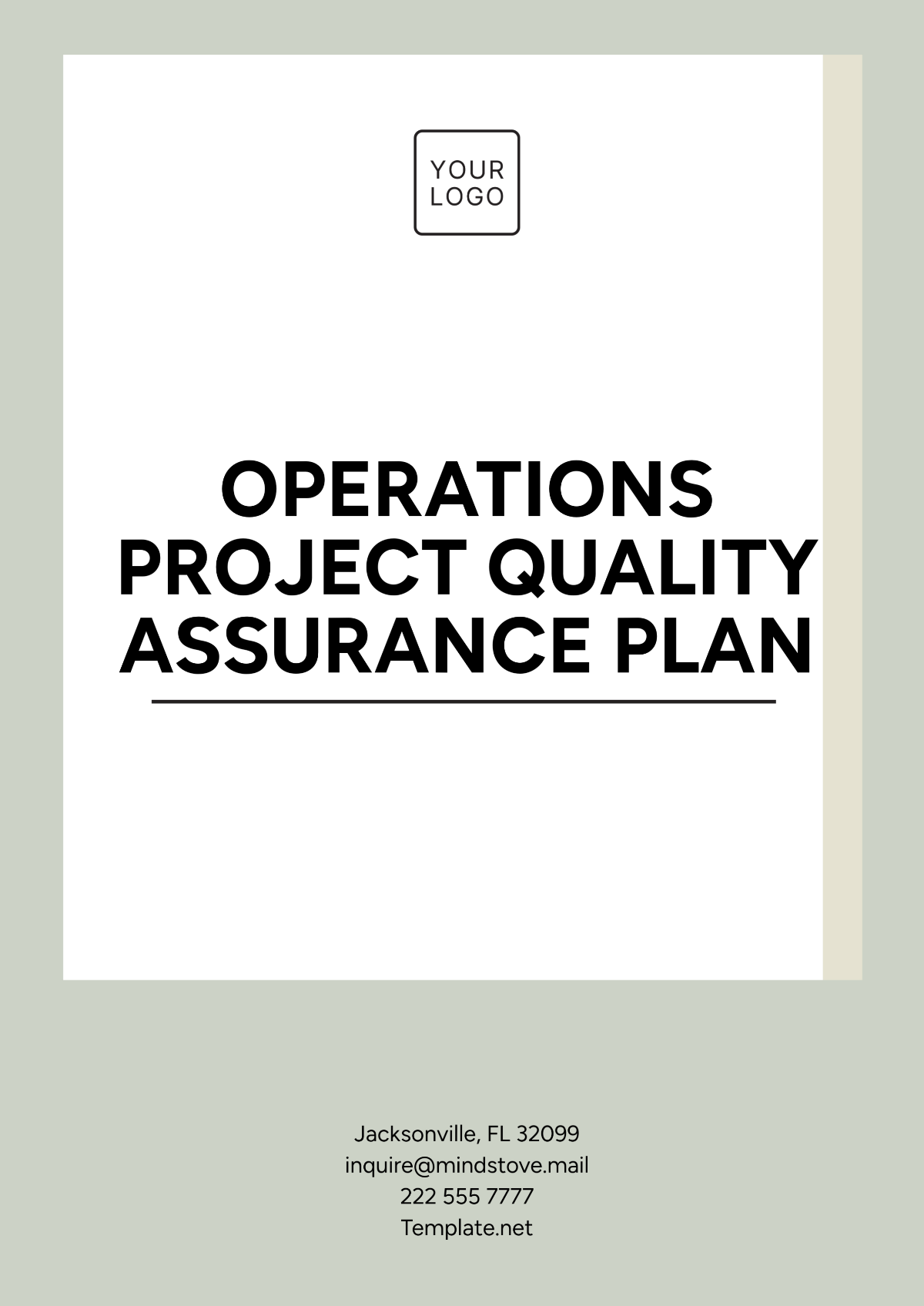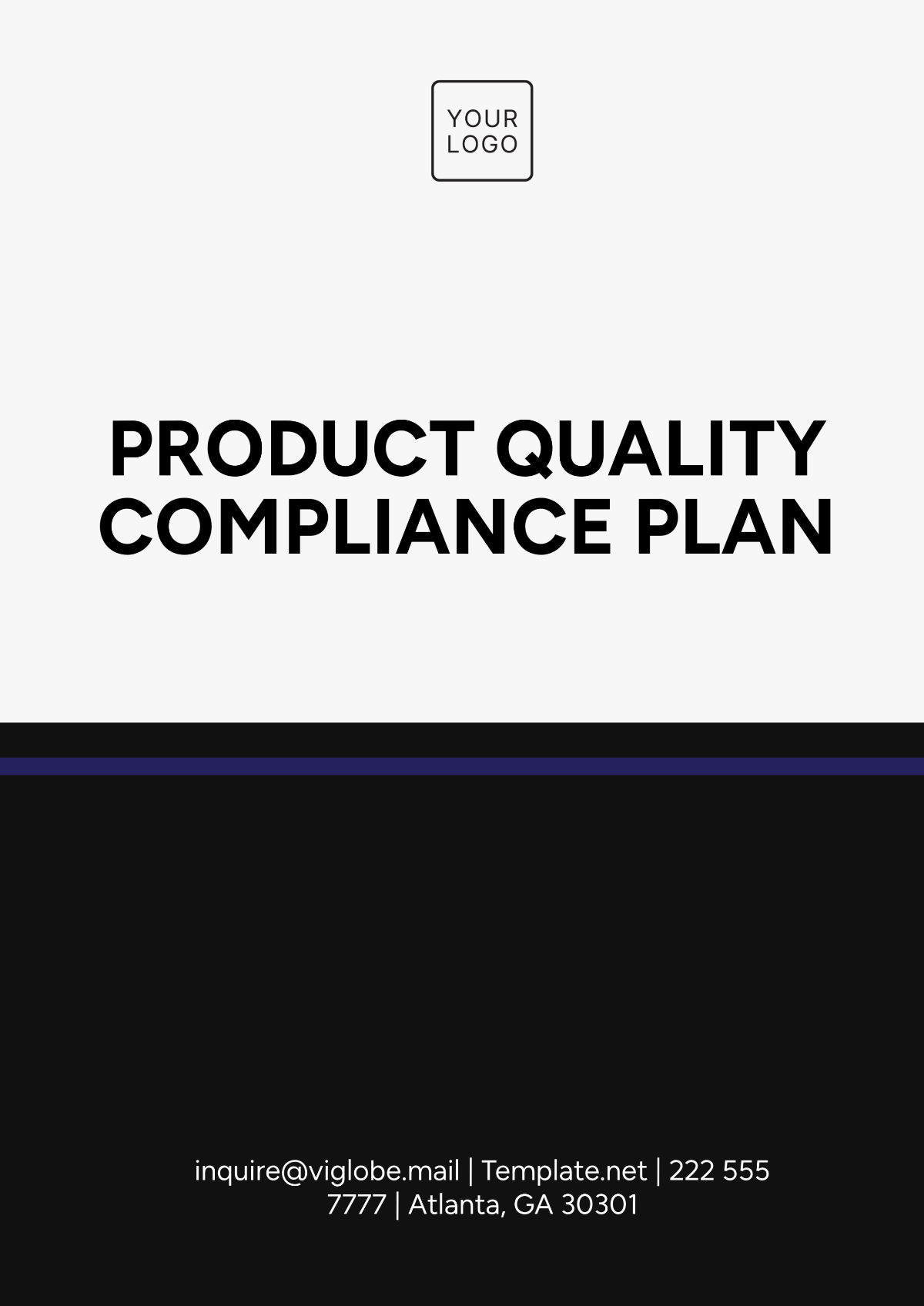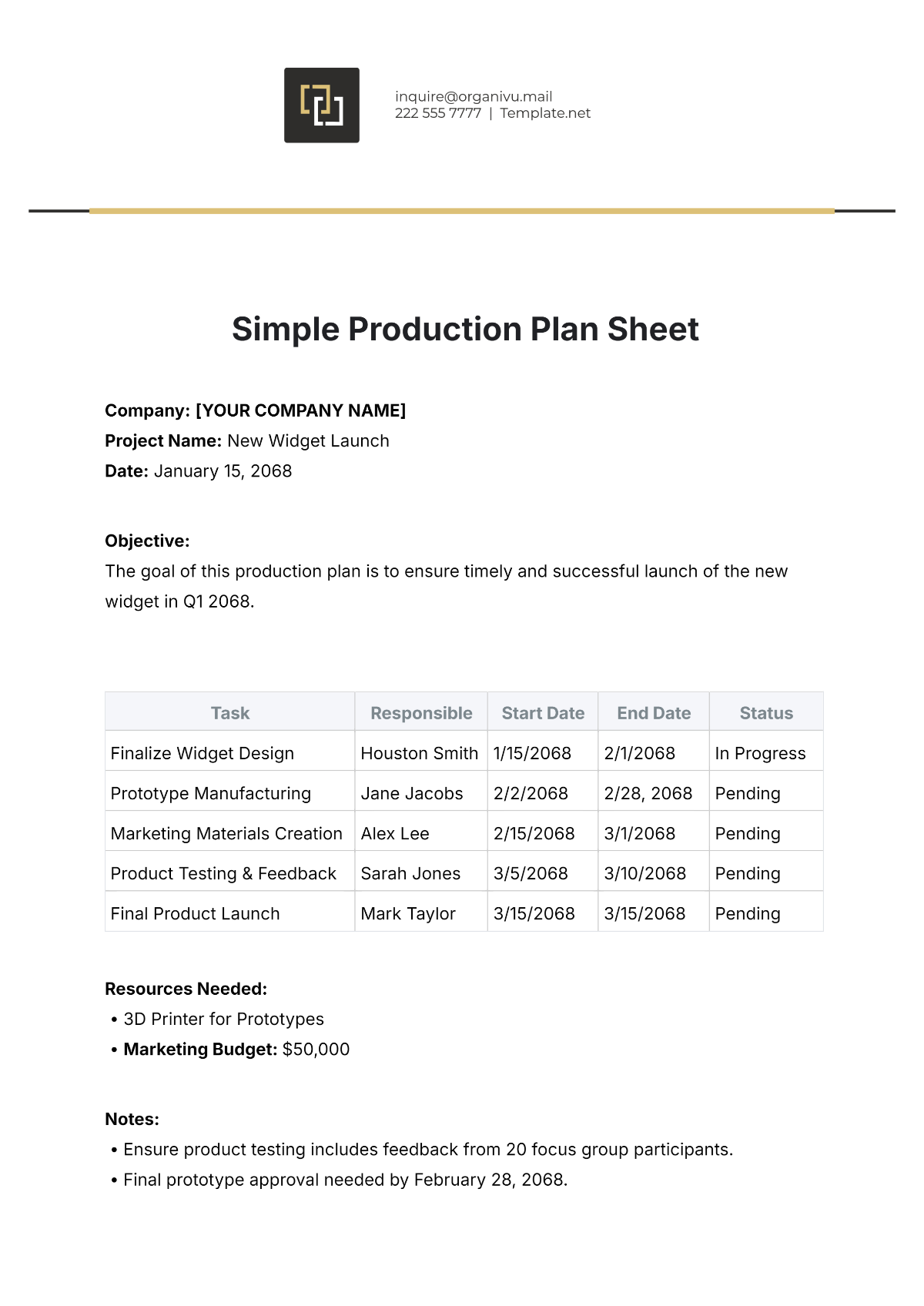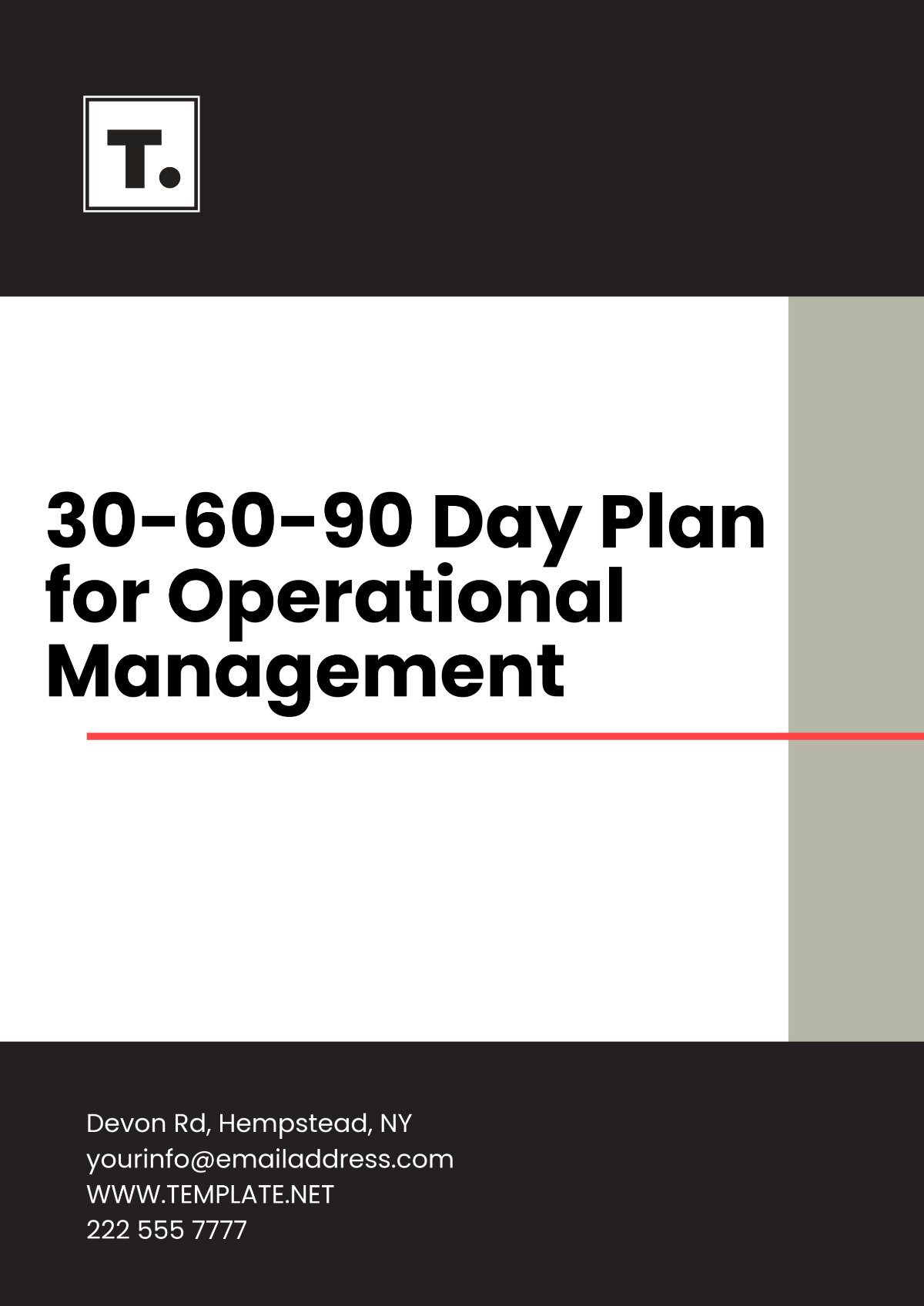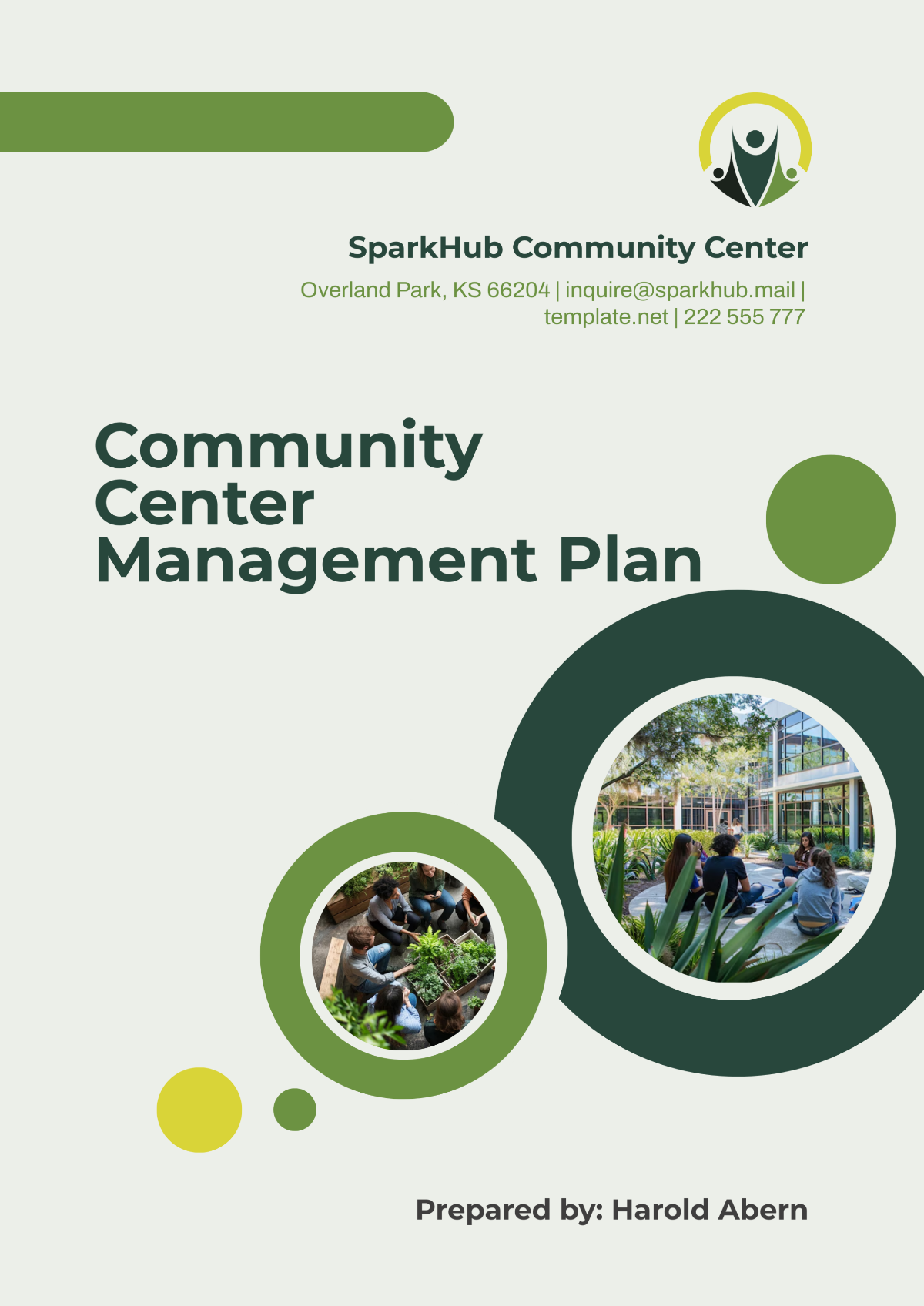Operations Project Quality Management Plan
Prepared By: | [Your Name] |
Company: | [Your Company Name] |
Date: | [Date] |
1. Introduction
The Operations Project Quality Management Plan outlines the strategies, processes, and standards that will be followed to ensure the successful management of quality in the operations project. This plan serves as a guide for project teams and stakeholders to deliver outcomes that meet the expected quality standards, comply with regulatory requirements, and satisfy customer needs.
2. Quality Objectives
The primary objectives of this plan are:
Ensure that all project deliverables meet or exceed the defined quality standards.
Achieve customer satisfaction by consistently delivering services/products that align with their requirements and expectations.
Minimize defects and errors through systematic quality control measures.
Continuously improve project processes based on feedback and performance metrics.
Ensure regulatory and industry standards compliance throughout the project lifecycle.
3. Quality Standards and Guidelines
This section outlines the quality standards and guidelines that the project will adhere to:
Industry Standards: The project will comply with relevant industry standards such as ISO 9001 for quality management systems, and other applicable local and international standards.
Internal Quality Guidelines: The organization’s internal procedures for quality control, testing, and review will be followed, ensuring that processes align with company-specific quality expectations.
Customer Requirements: The quality plan will be developed and executed in alignment with the customer’s specific requirements and expectations, as detailed in project contracts and specifications.
4. Quality Assurance
Quality Assurance (QA) involves proactive processes to ensure that the project will meet quality standards. The following activities will be performed under QA:
Process Audits: Regular audits will be conducted to review project processes and ensure that they are being followed correctly.
Training and Development: Project team members will receive necessary training in quality management principles, ensuring they are equipped to follow quality guidelines.
Process Improvement: Continuous assessment and refinement of project processes will be done to enhance quality, based on feedback and performance metrics.
Quality Reviews: Periodic quality reviews will be conducted with key stakeholders to evaluate the progress of quality goals and make adjustments as necessary.
5. Quality Control
Quality Control (QC) focuses on monitoring and measuring project performance to ensure that quality standards are met. The following QC processes will be implemented:
Inspection and Testing: Regular inspections and tests will be performed on deliverables to ensure they meet the specified requirements.
Defect Tracking: A system for tracking defects, non-conformities, and issues will be implemented to ensure timely resolution.
Corrective Actions: When quality issues are identified, corrective actions will be taken immediately to resolve the issues and prevent recurrence.
Statistical Process Control: Statistical methods will be used to analyze project data, identify trends, and ensure that processes remain within acceptable quality limits.
6. Roles and Responsibilities
The following roles are responsible for executing this plan:
Project Manager: Oversees the implementation of the Quality Management Plan, ensures that resources are allocated, and monitors the overall quality performance of the project.
Quality Assurance Manager: Leads the quality assurance activities, coordinates audits and process reviews, and ensures compliance with quality standards.
Quality Control Team: Carries out inspections, tests, and reviews of deliverables, tracks defects, and ensures corrective actions are taken.
Project Team Members: Follow the established quality procedures in their daily tasks and report quality-related issues to the project manager or quality control team.
Stakeholders and Sponsors: Participate in quality reviews, provide feedback, and ensure that the project meets their expectations.
7. Performance Monitoring and Reporting
The success of the Quality Management Plan will be monitored through the following methods:
Key Performance Indicators (KPIs): Specific KPIs will be defined to measure the quality of deliverables, adherence to schedules, and customer satisfaction.
=
Regular Reporting: Project progress reports will include quality metrics and identify any quality-related issues or risks.
Customer Feedback: Regular feedback from the customer will be gathered to assess satisfaction with quality standards and deliverables.
Corrective Action Reports: Any corrective actions taken will be documented and tracked for effectiveness.
8. Risk Management
The project will implement a risk management approach to identify, assess, and mitigate potential quality risks. This will include:
Risk Identification: Identifying risks that could impact quality, such as resource limitations, supplier quality issues, or design flaws.
Risk Assessment: Evaluating the likelihood and impact of each identified risk and prioritizing them based on their potential effect on quality.
Mitigation Strategies: Developing and implementing strategies to mitigate the impact of risks, such as contingency planning, additional training, or backup resources.
Ongoing Monitoring: Continually assessing and managing risks to ensure that quality standards are maintained throughout the project lifecycle.
9. Continuous Improvement
The project will focus on continuous improvement in quality through the following actions:
Lessons Learned: After each project phase or milestone, lessons learned will be documented to identify areas for improvement in future projects.
Root Cause Analysis: When quality issues occur, root cause analysis will be conducted to prevent recurrence and improve processes.
Feedback Loops: Regular feedback loops from team members, stakeholders, and customers will be used to refine quality management processes and improve overall project performance.
10. Conclusion
The Operations Project Quality Management Plan provides a comprehensive approach to managing quality throughout the lifecycle of the project. By following this plan, the project team will ensure that the project meets its objectives, satisfies customer requirements, and maintains the highest possible standards of quality. Effective execution of this plan will result in a successful project outcome and contribute to long-term operational excellence.
